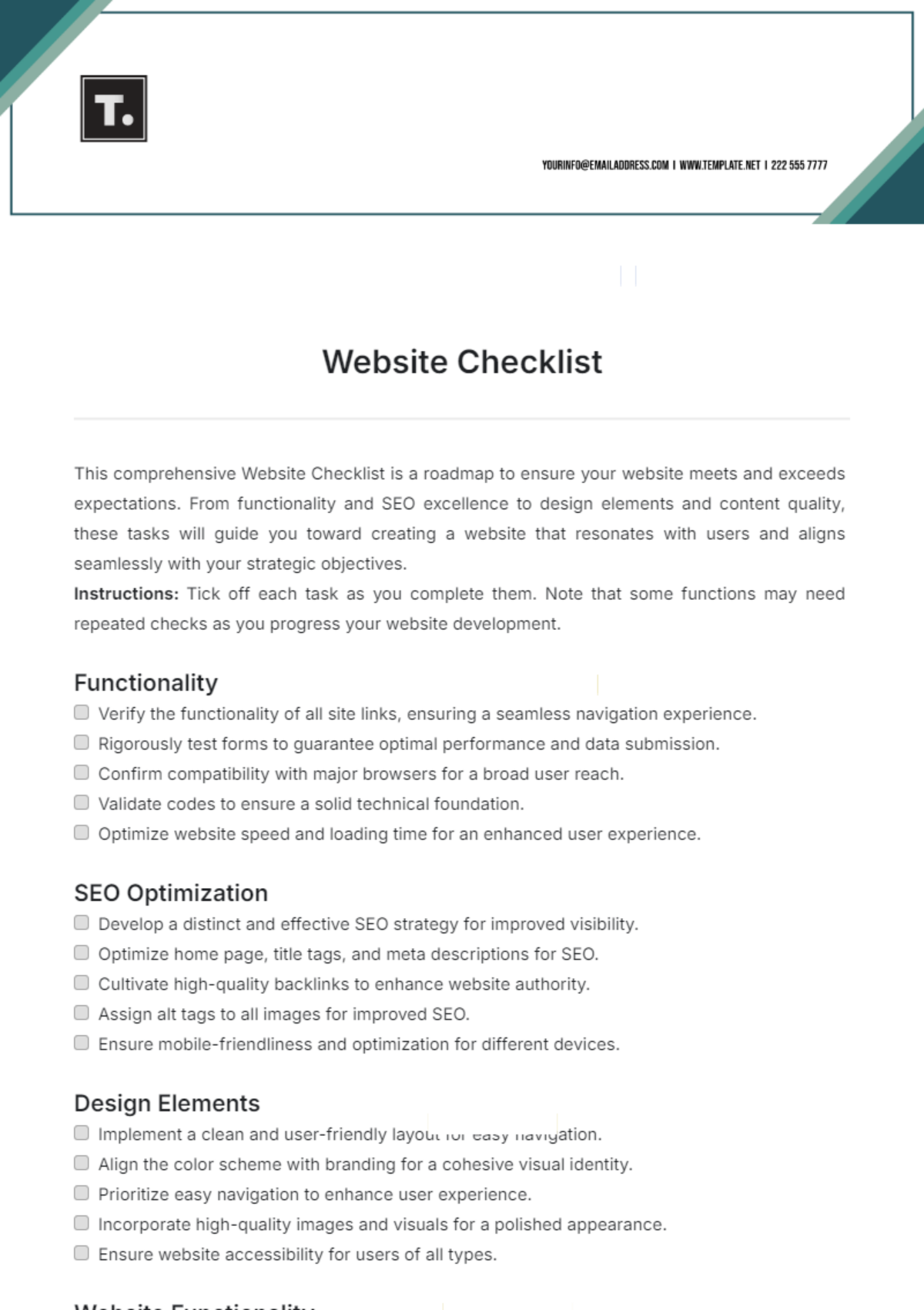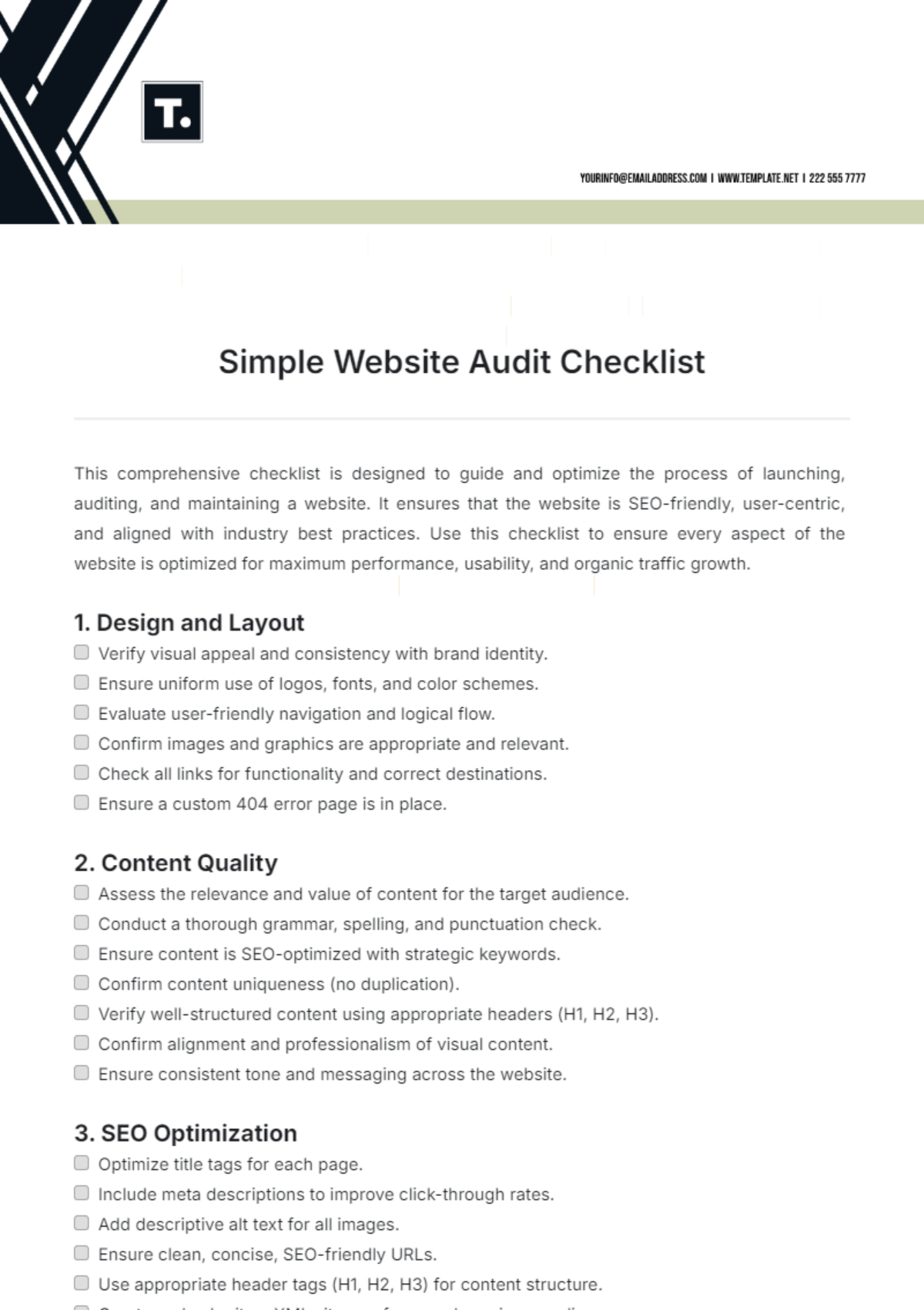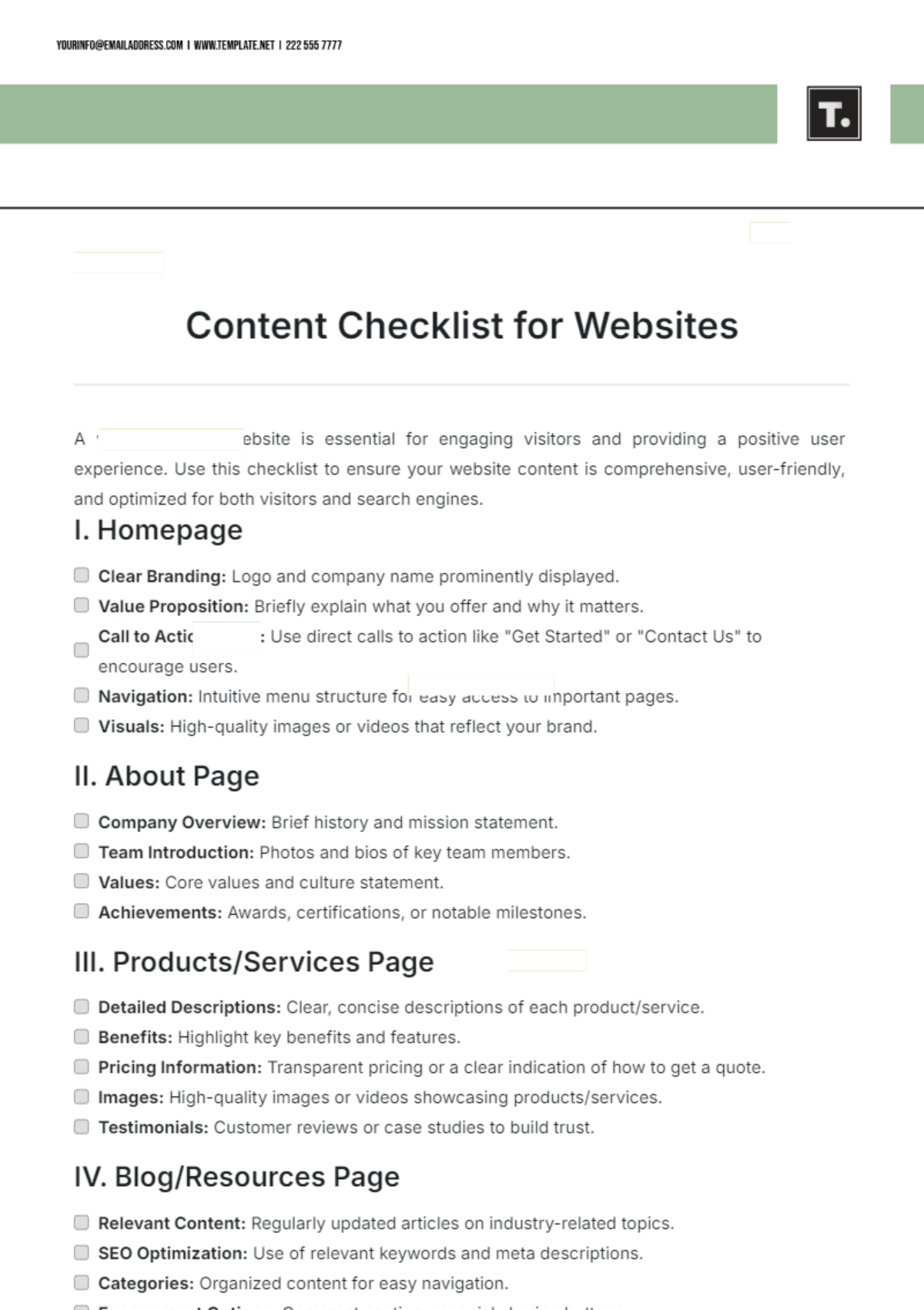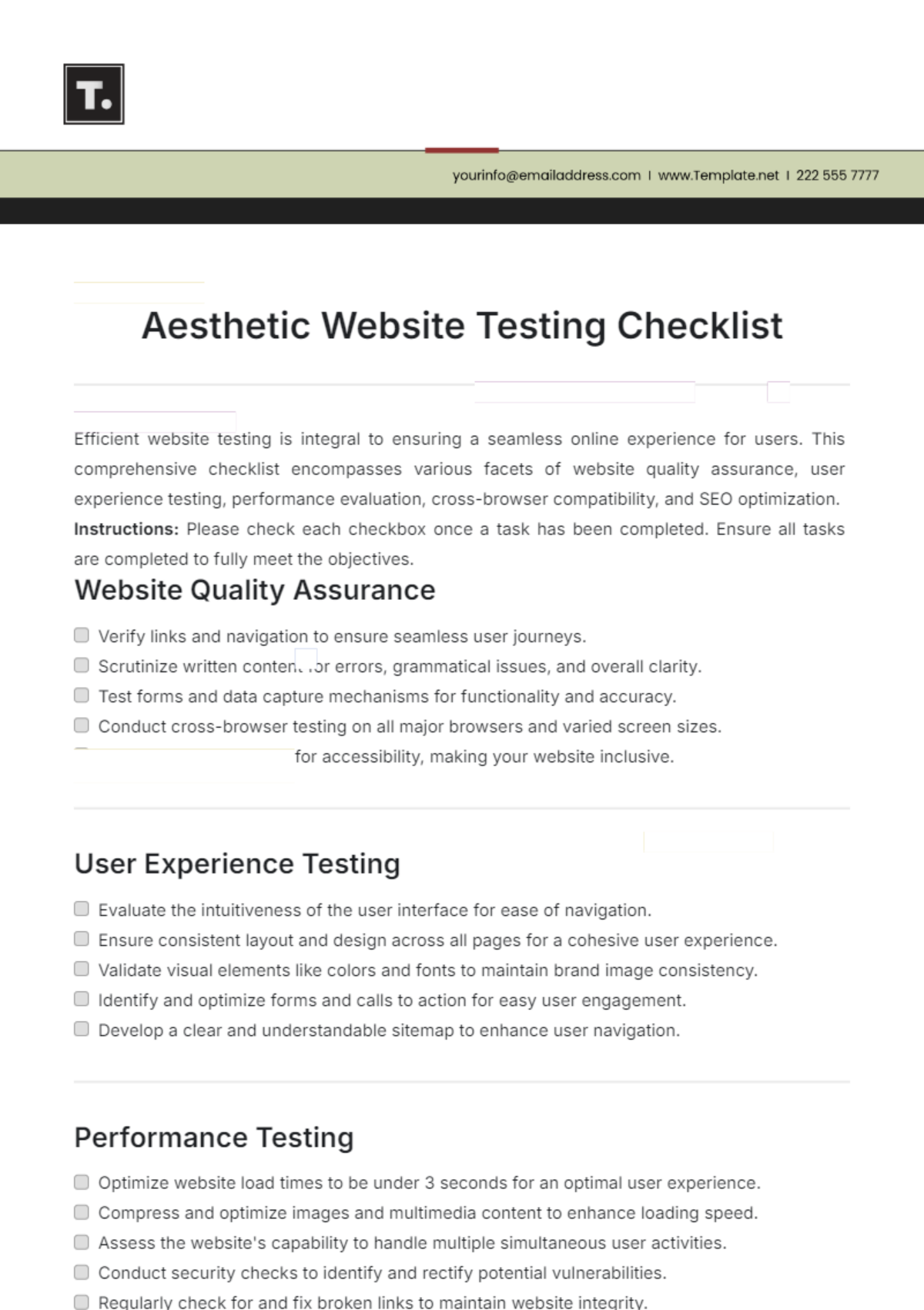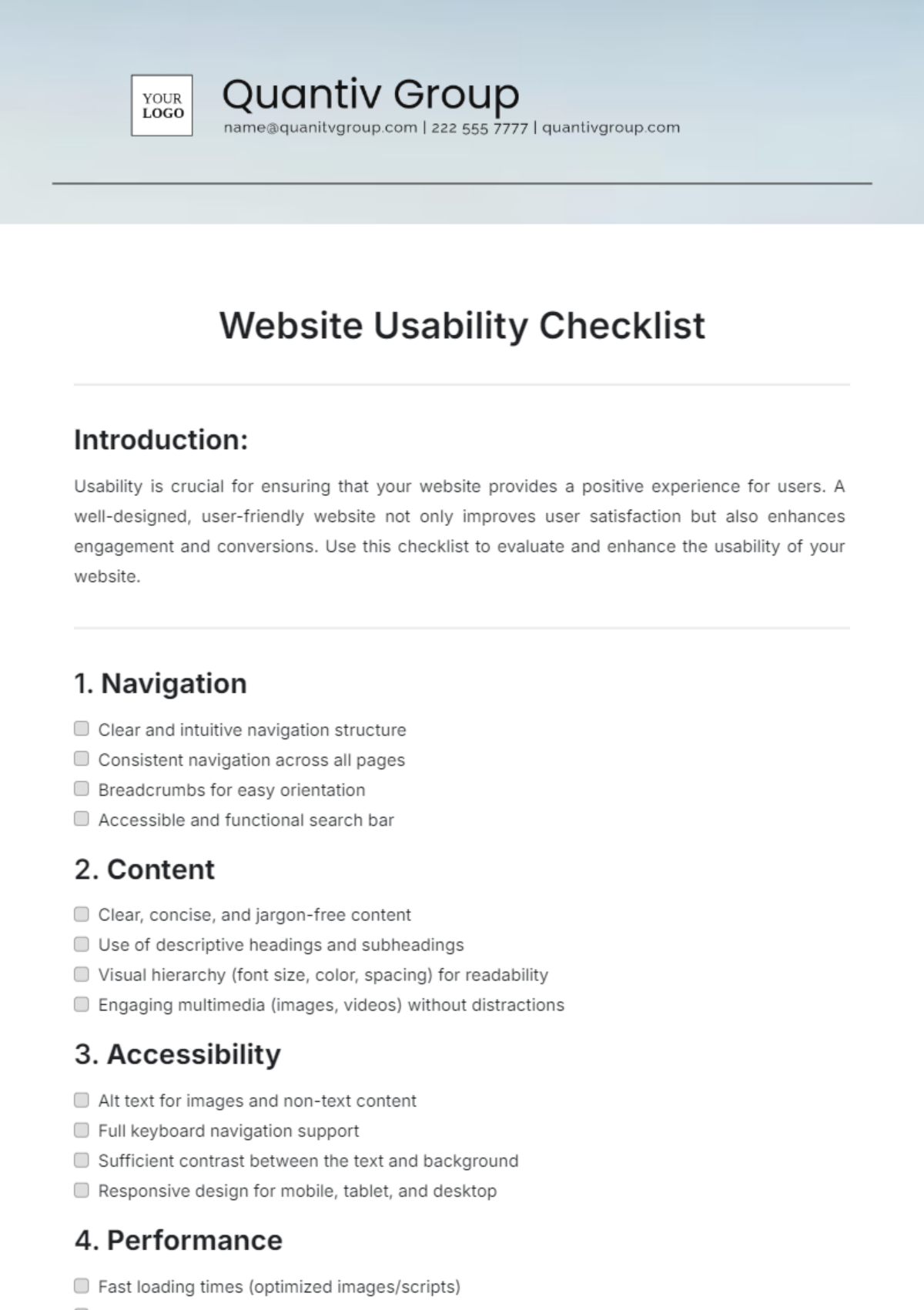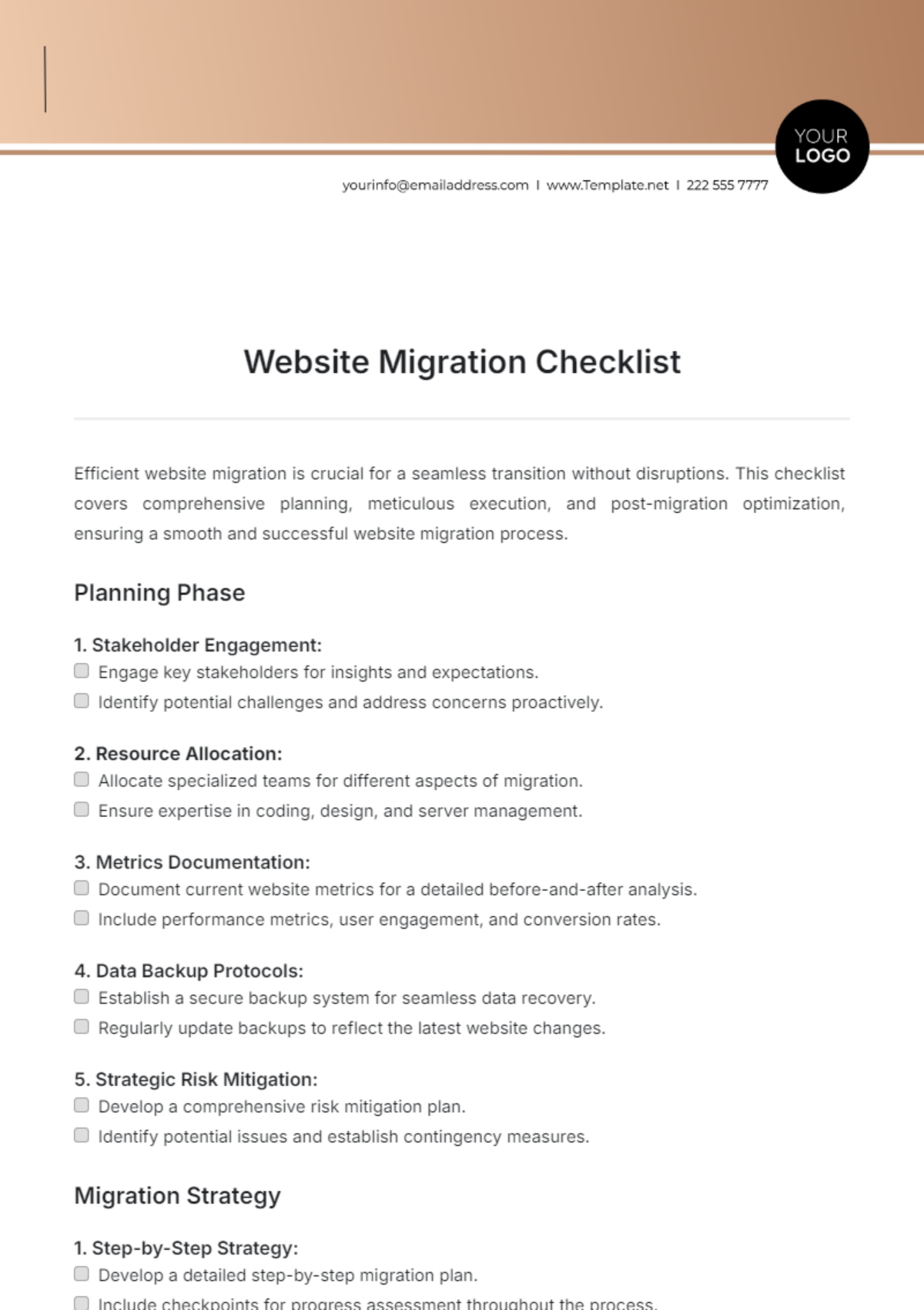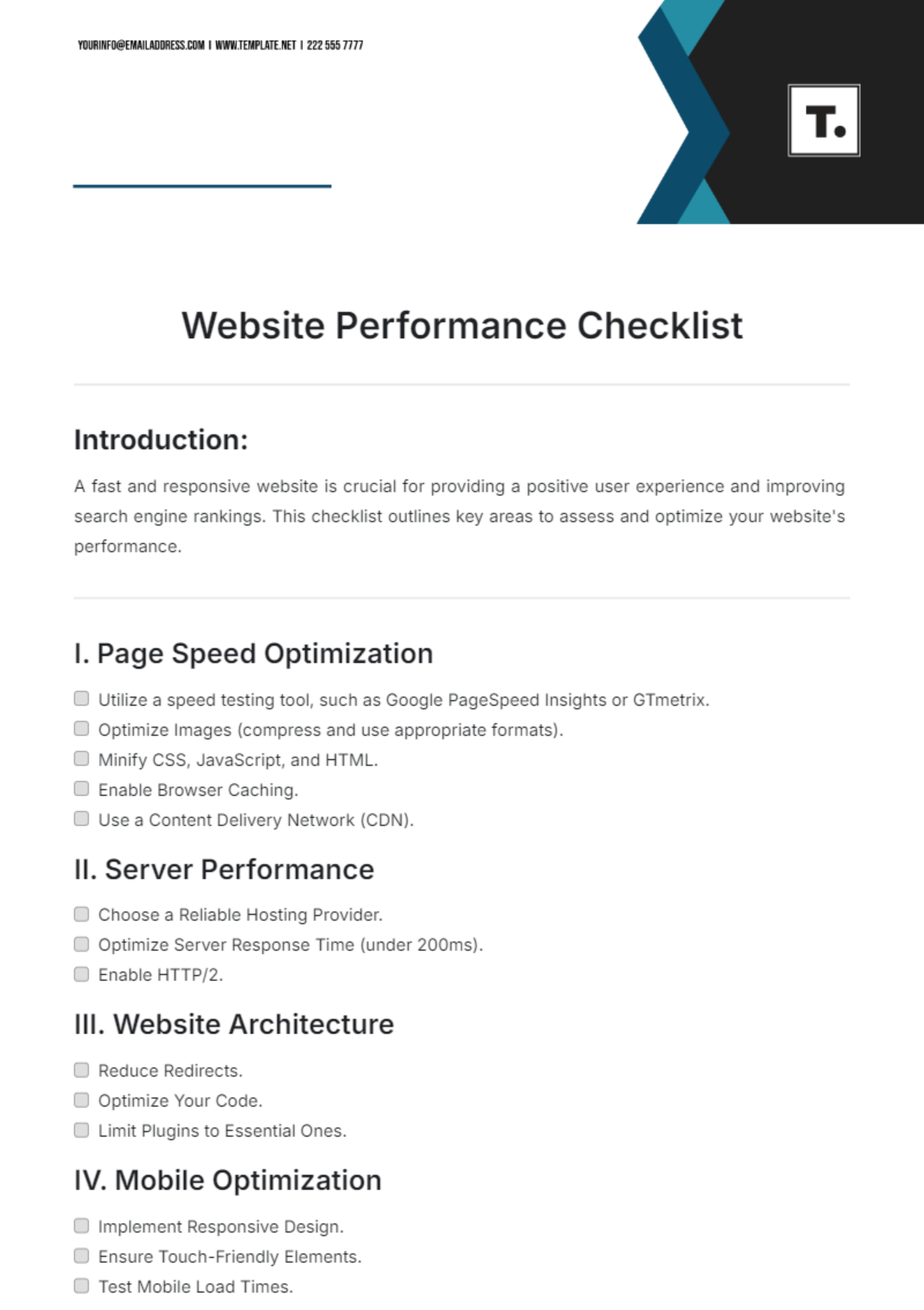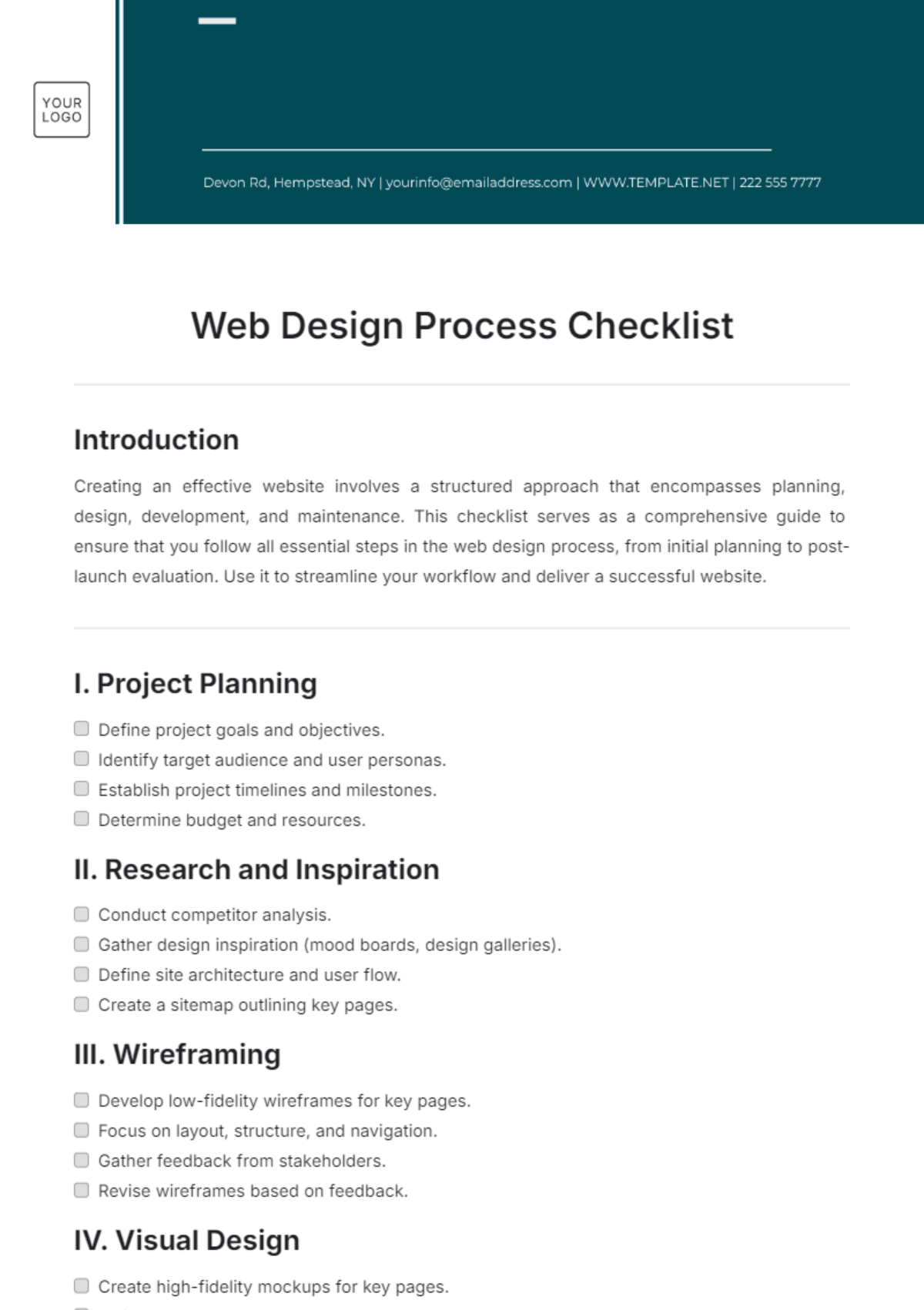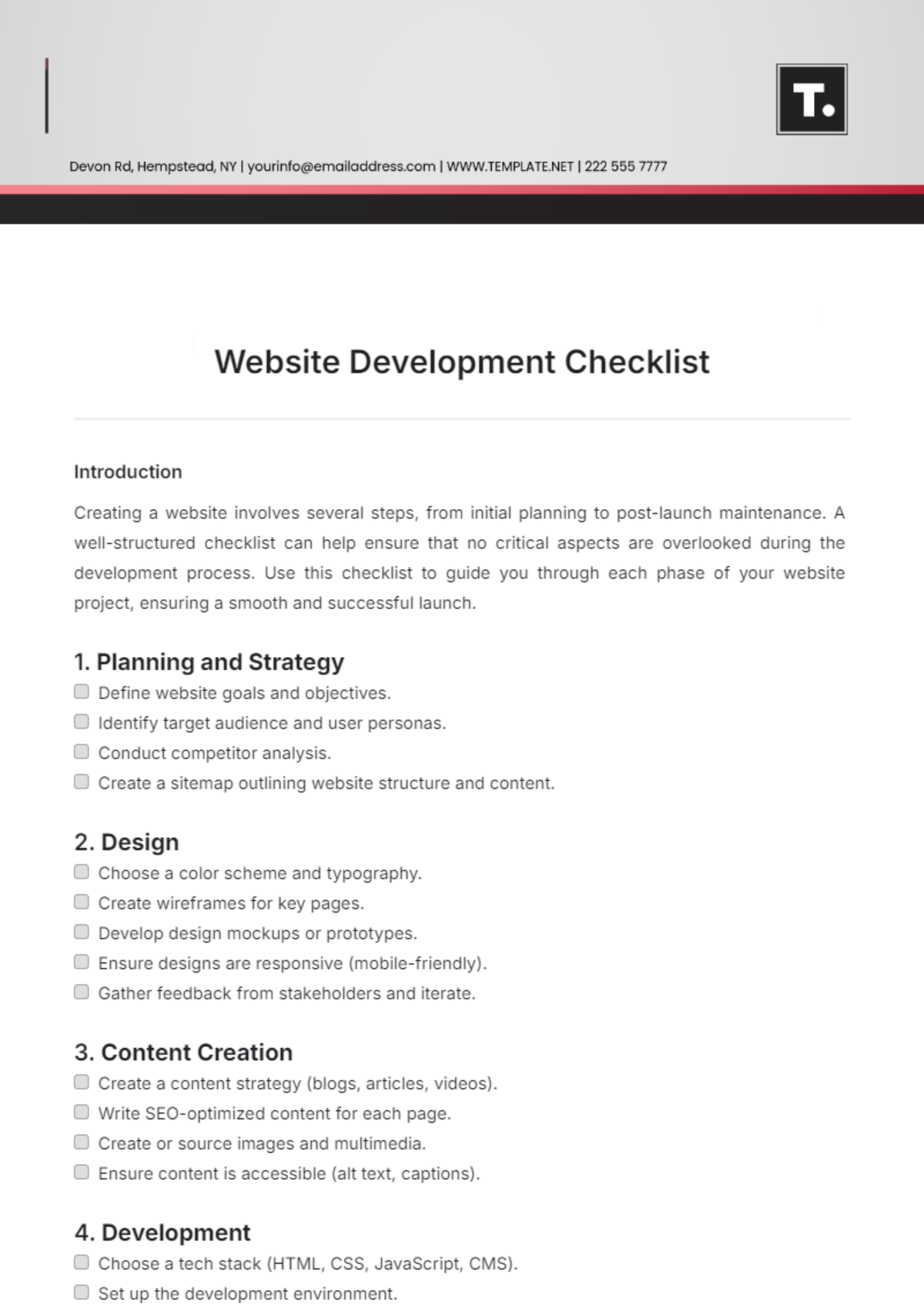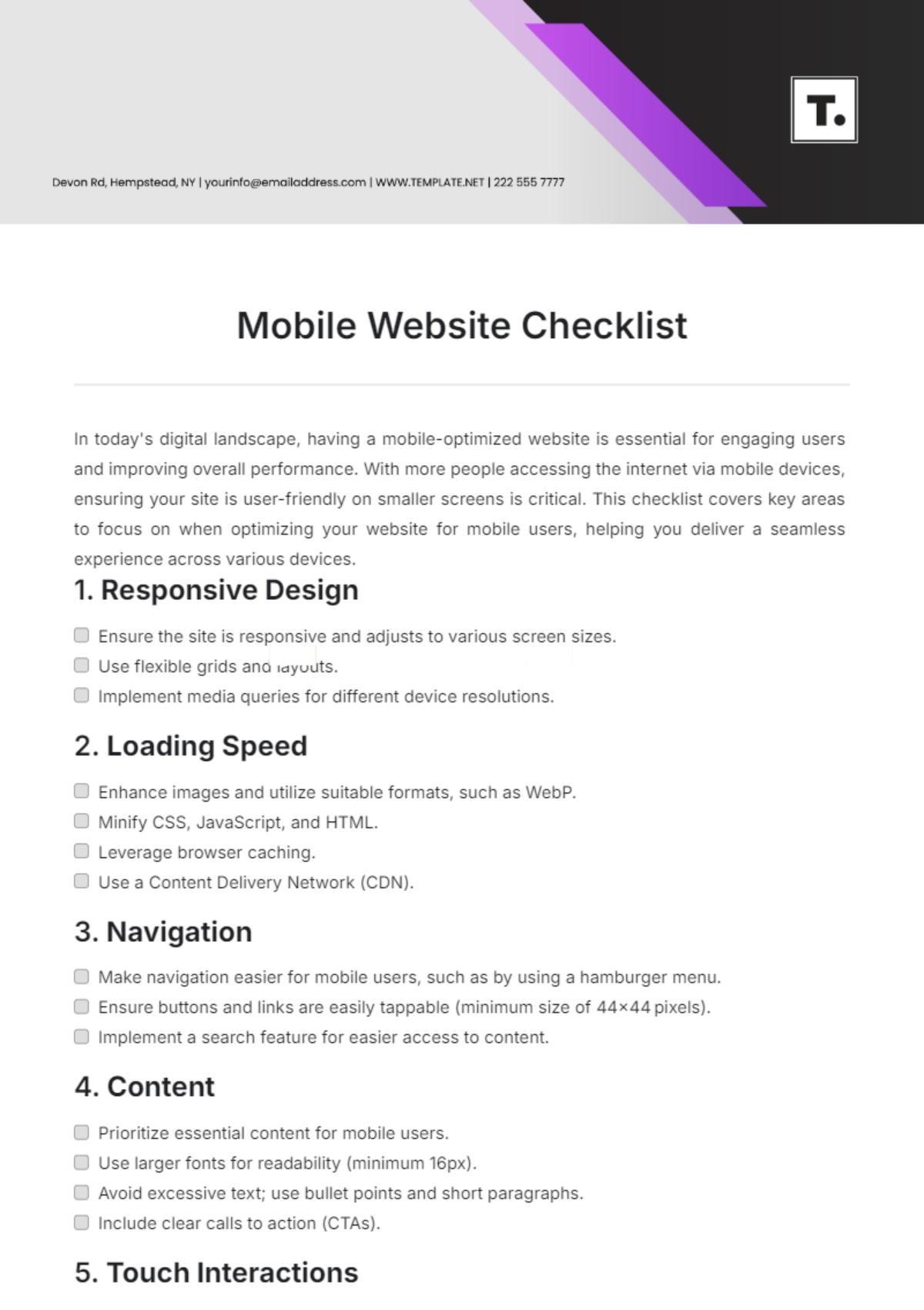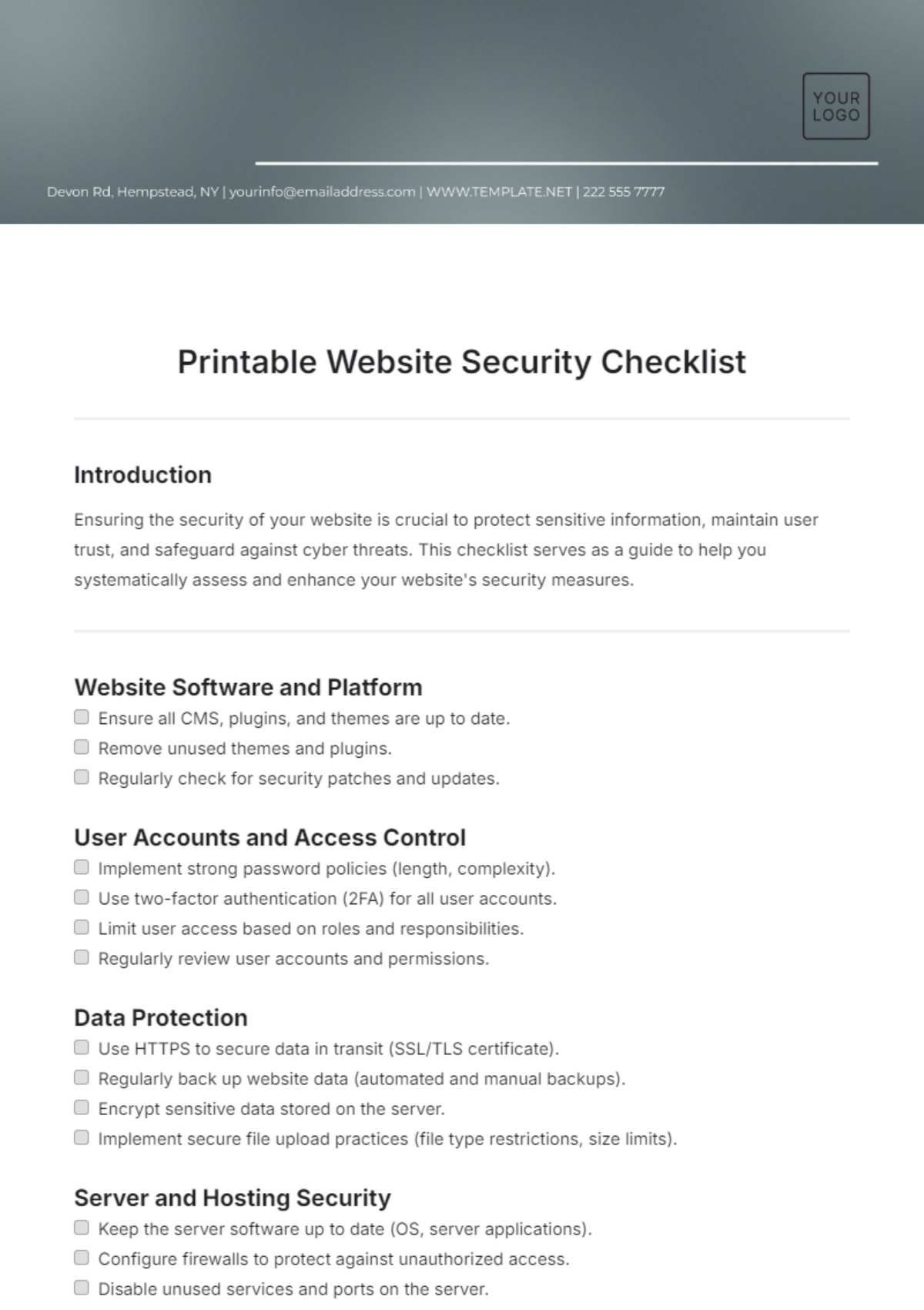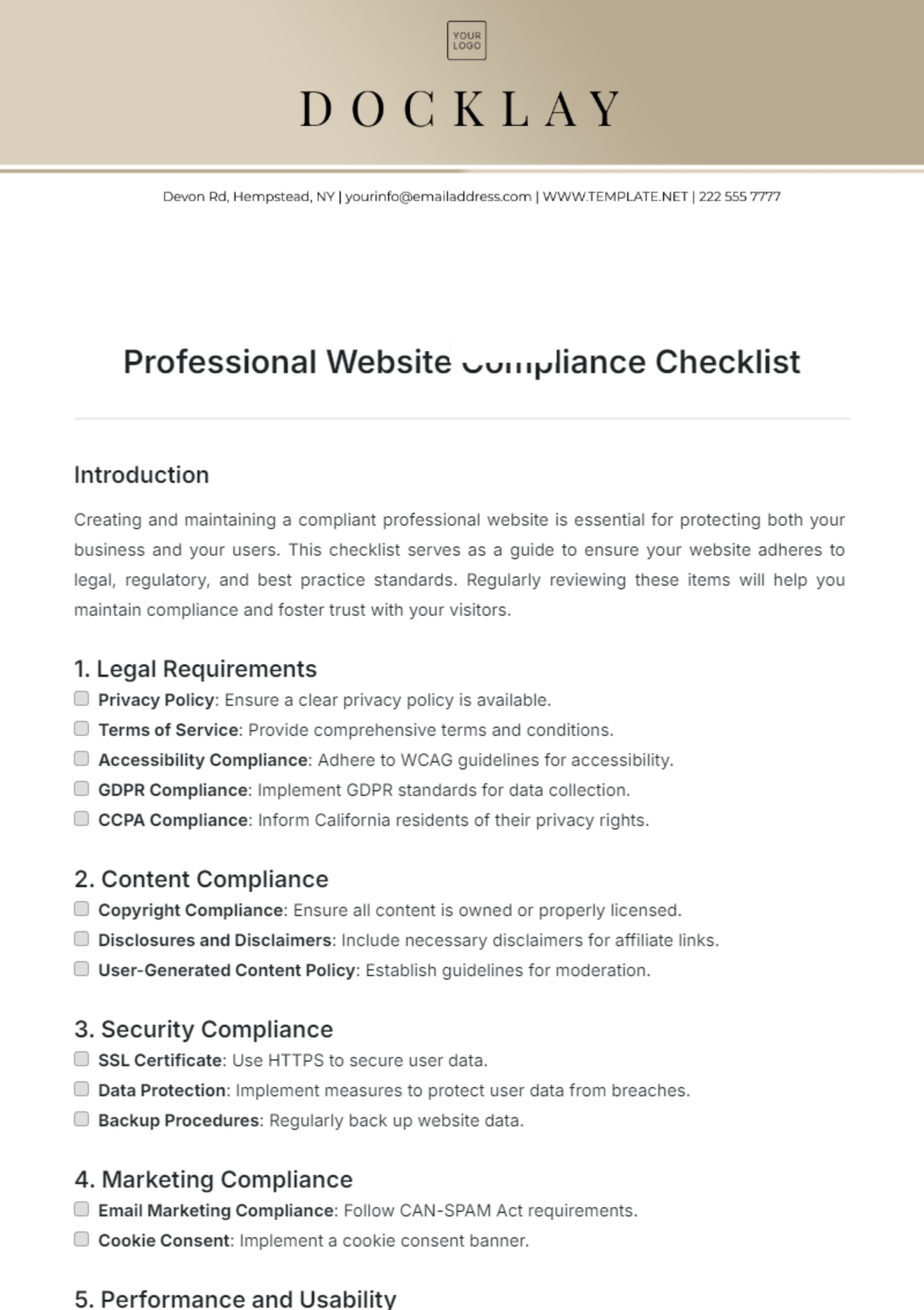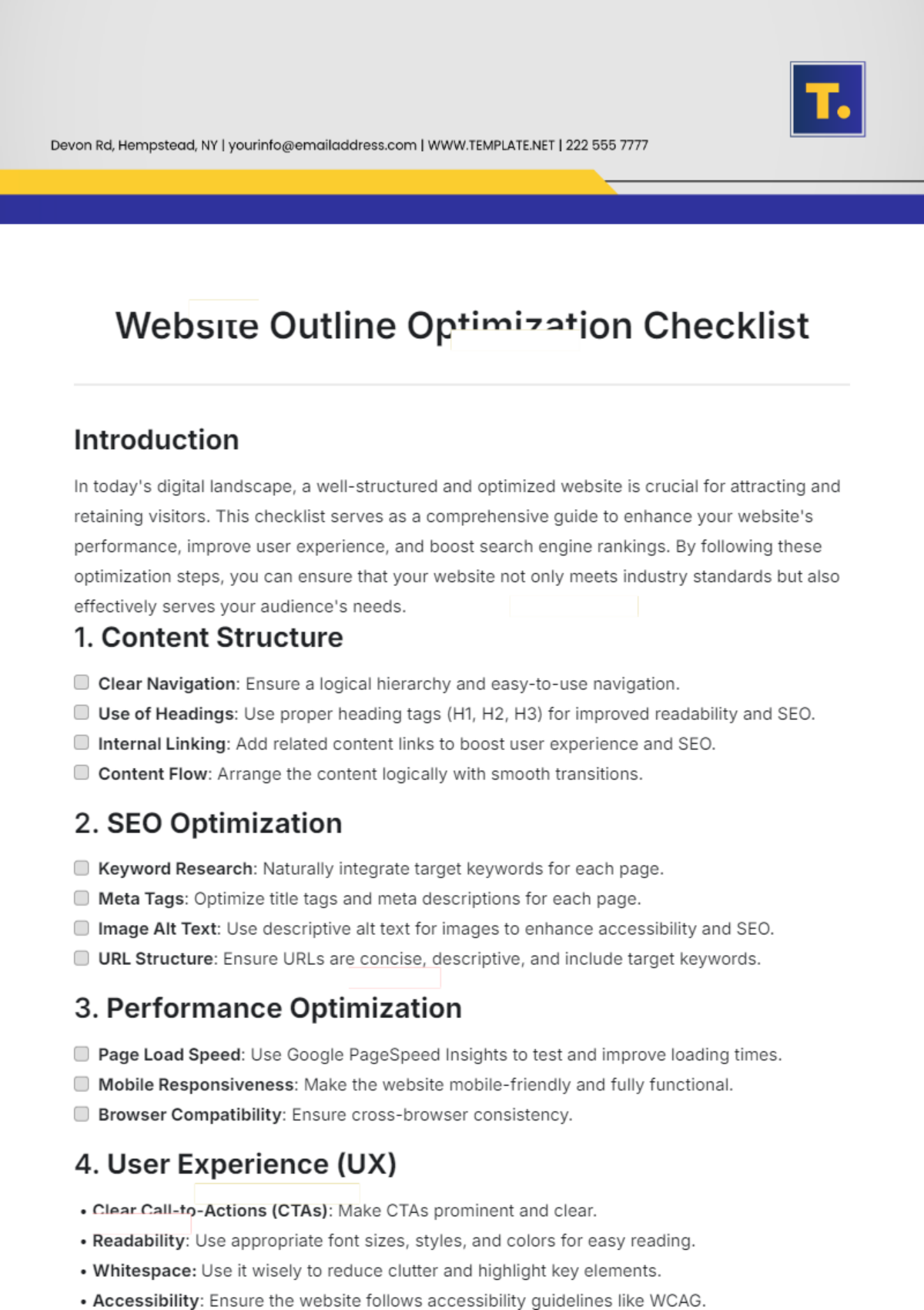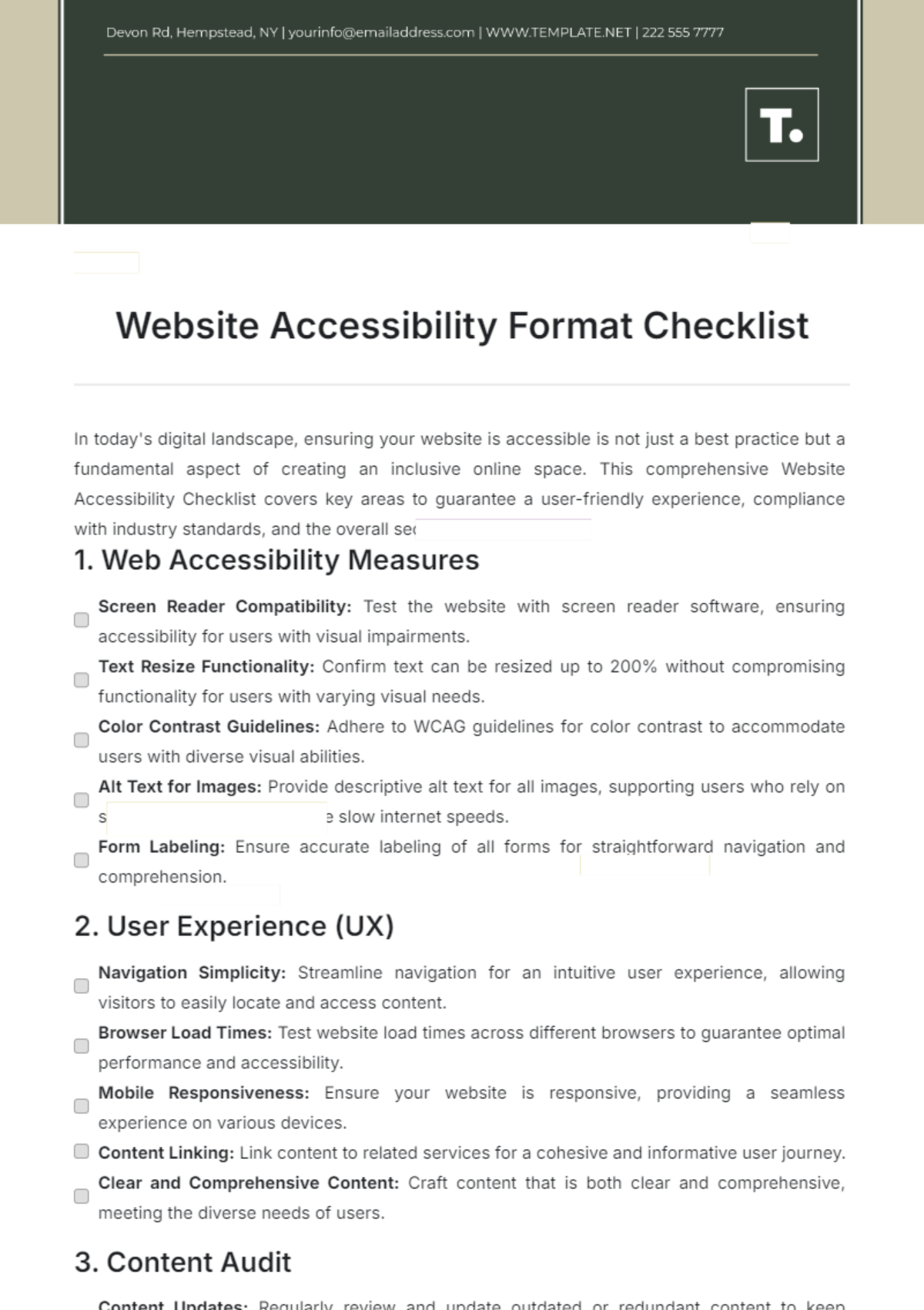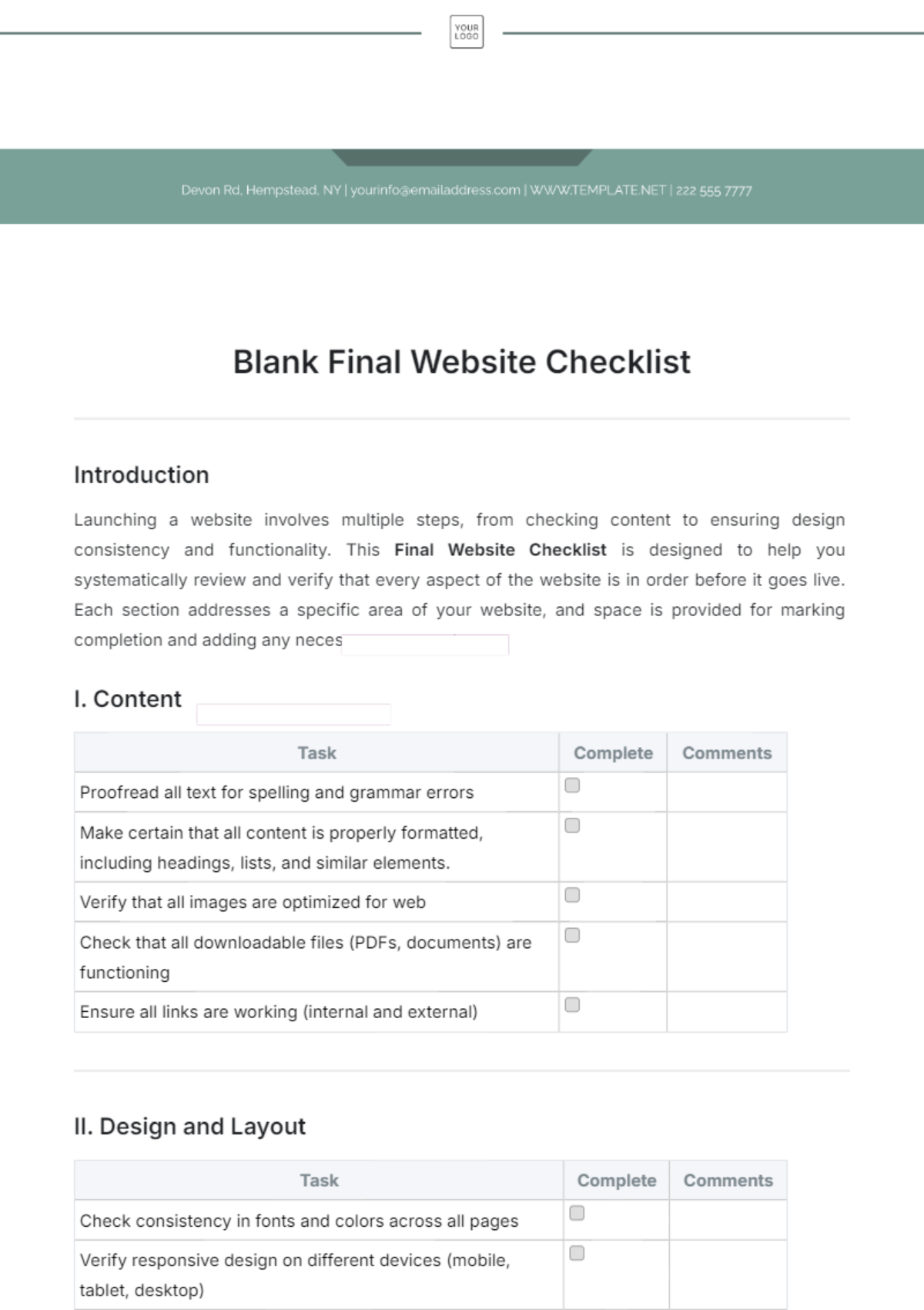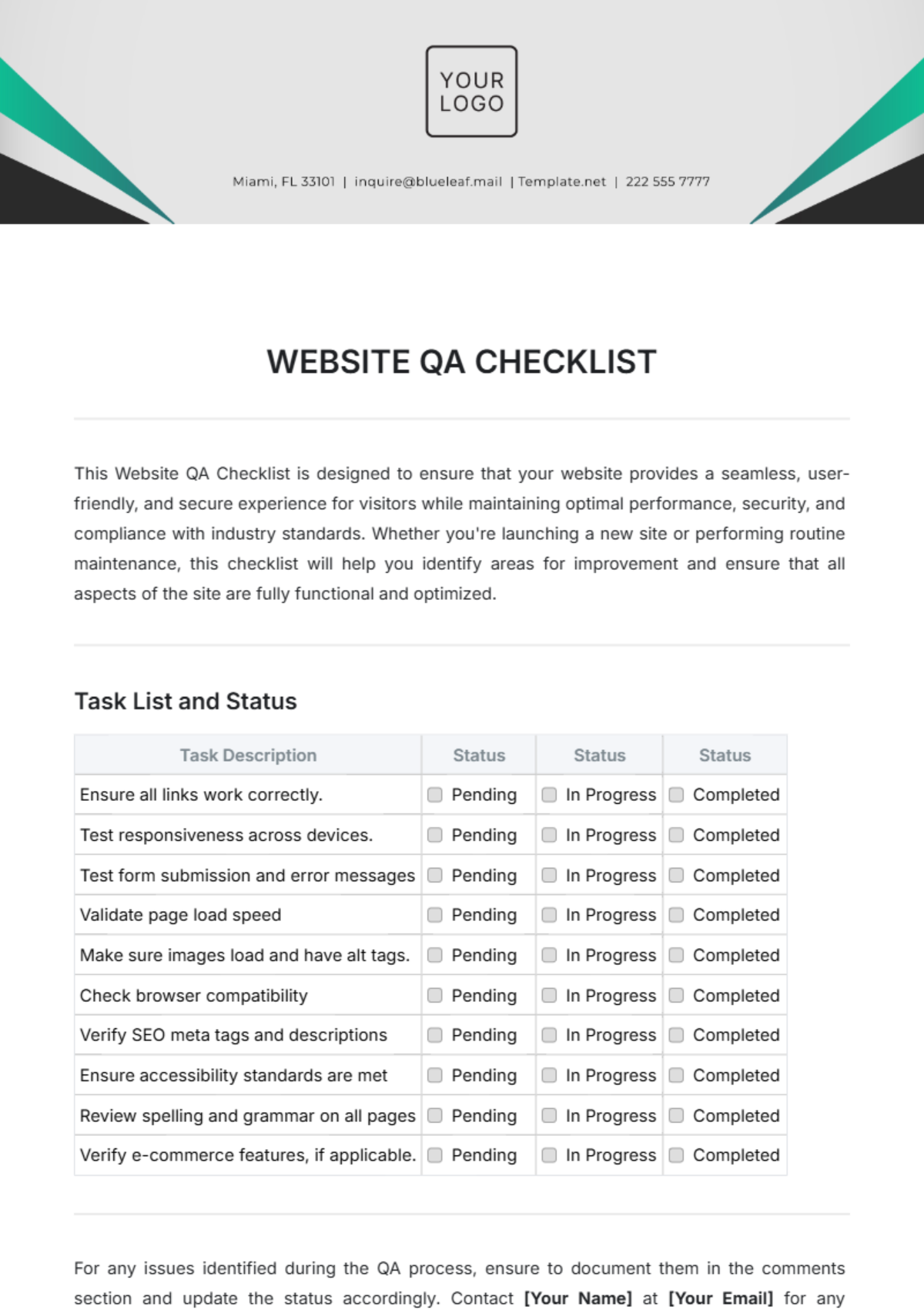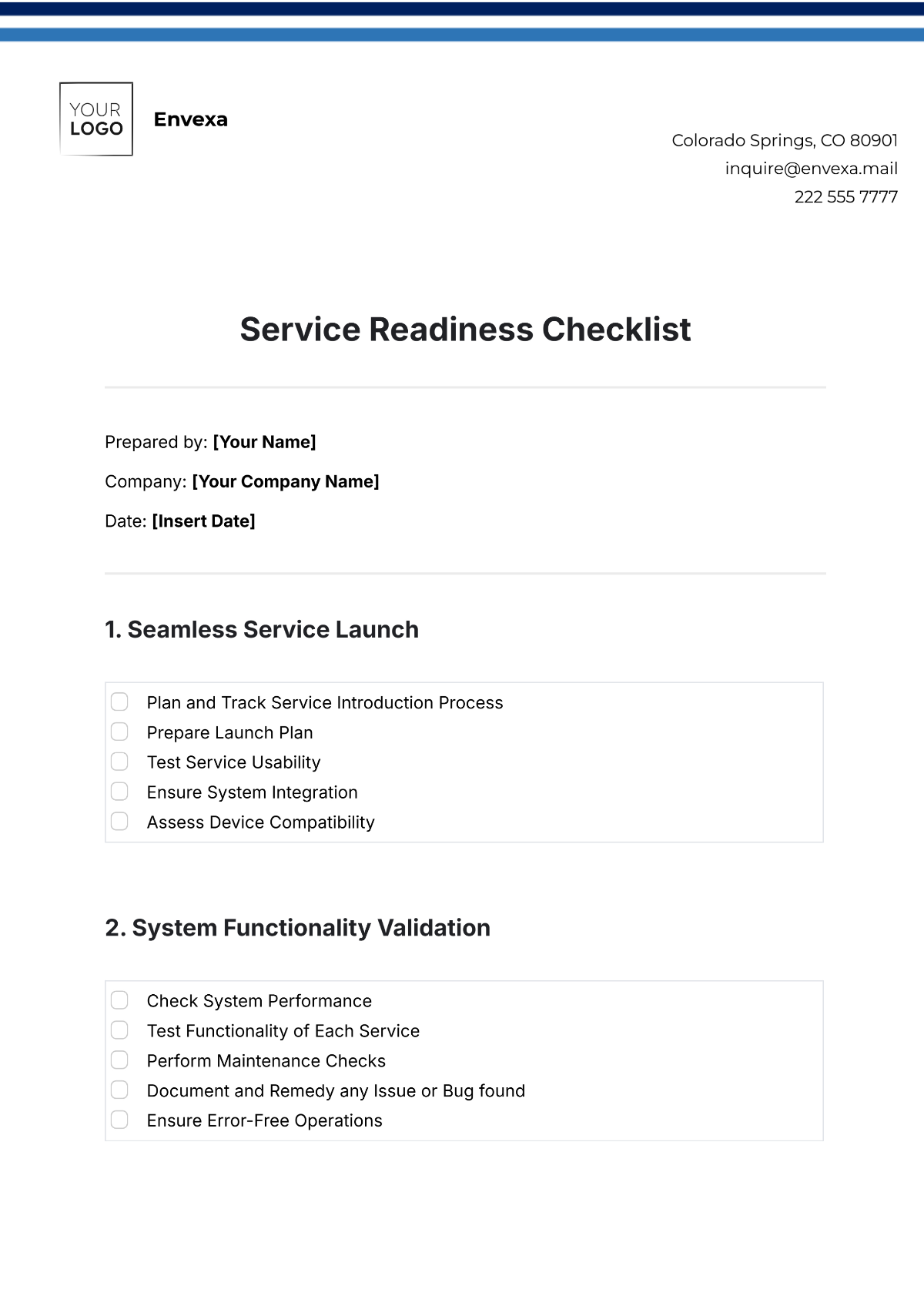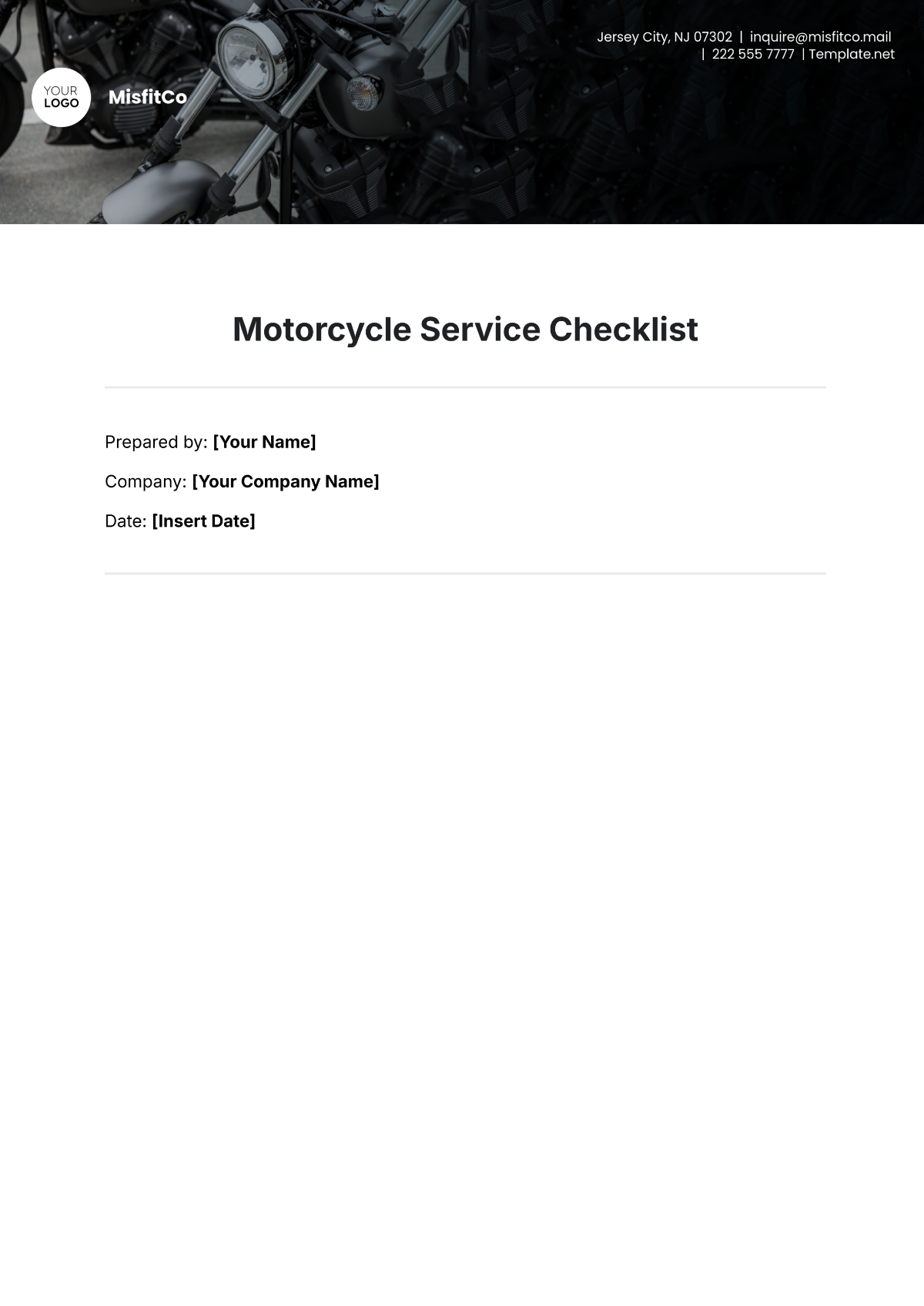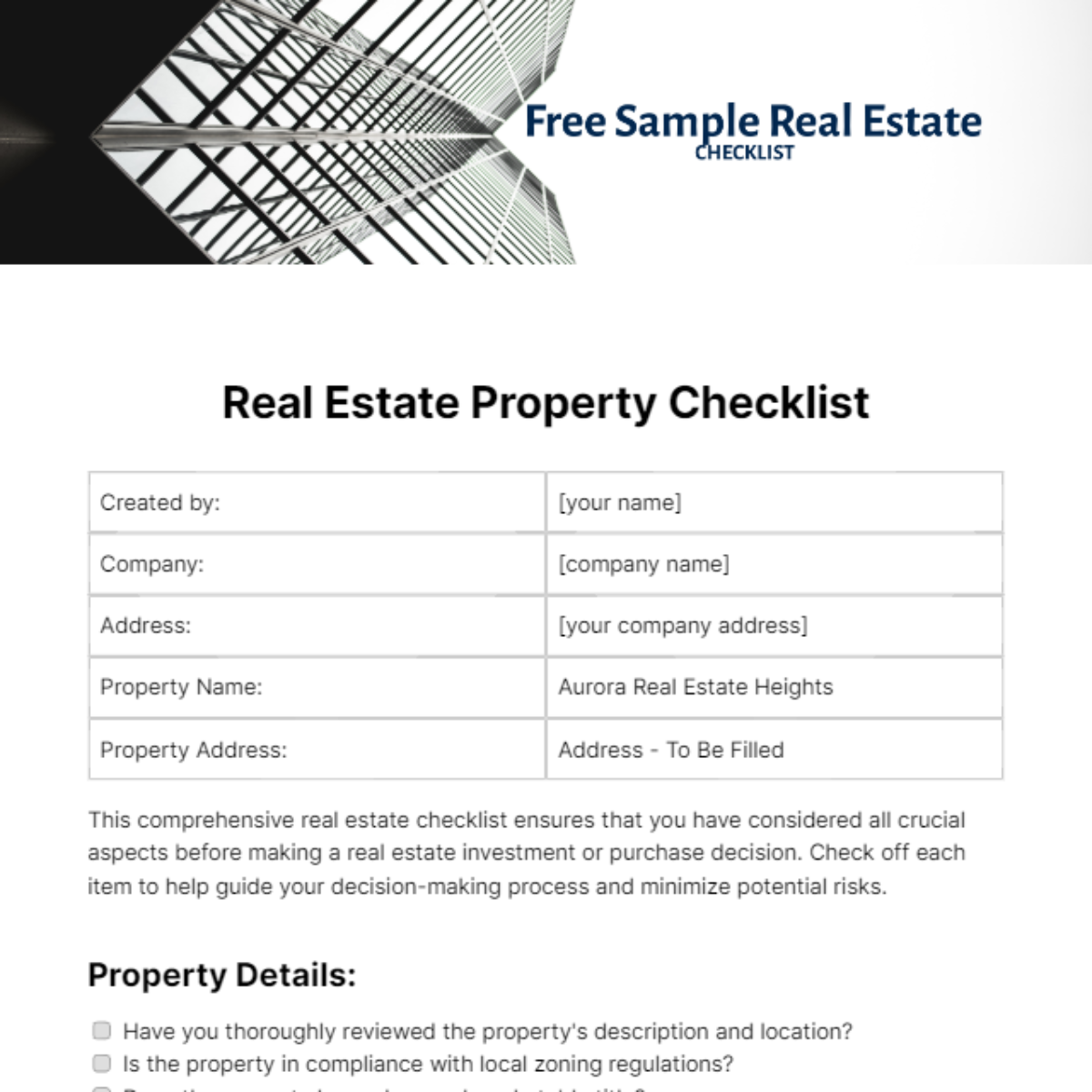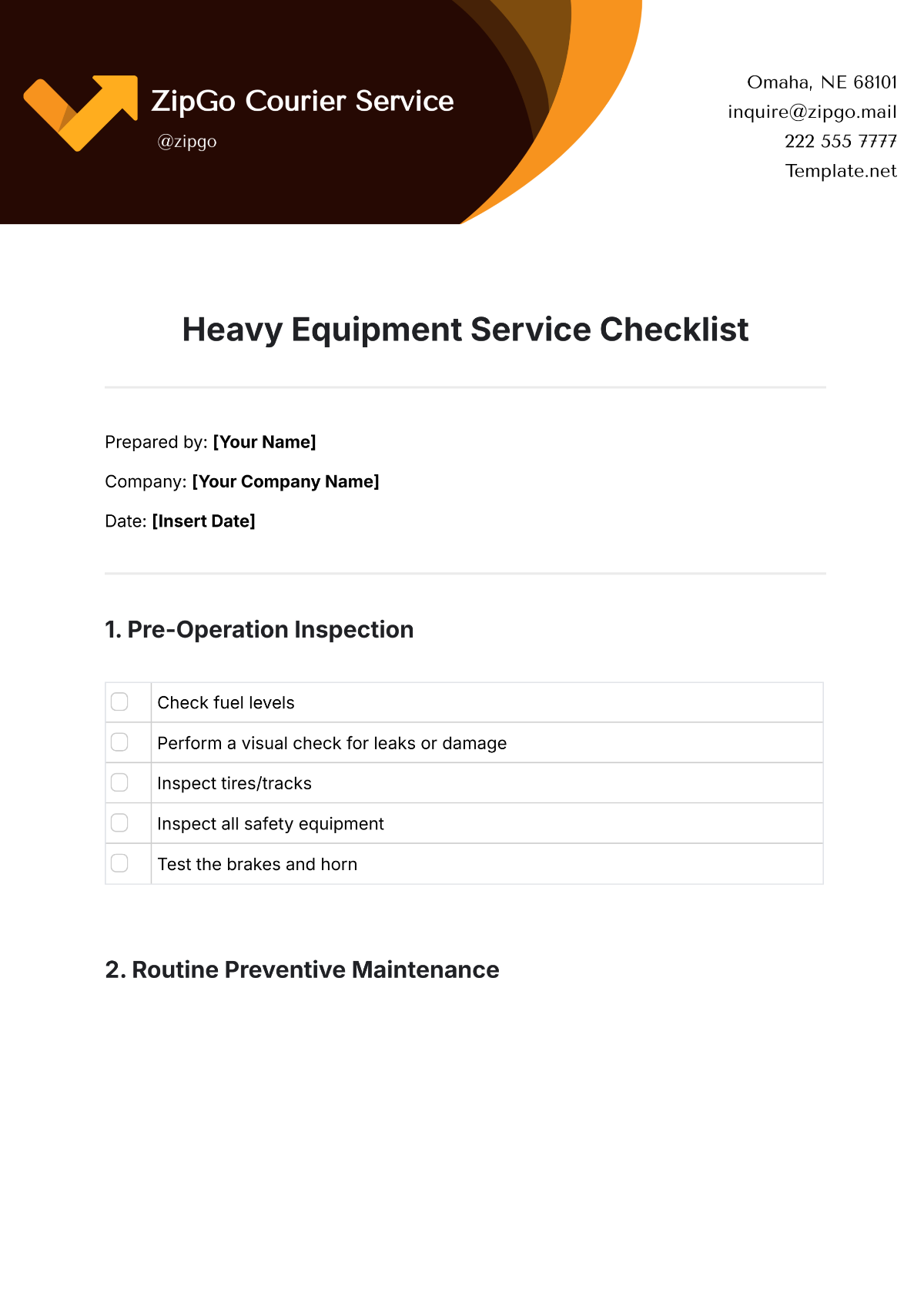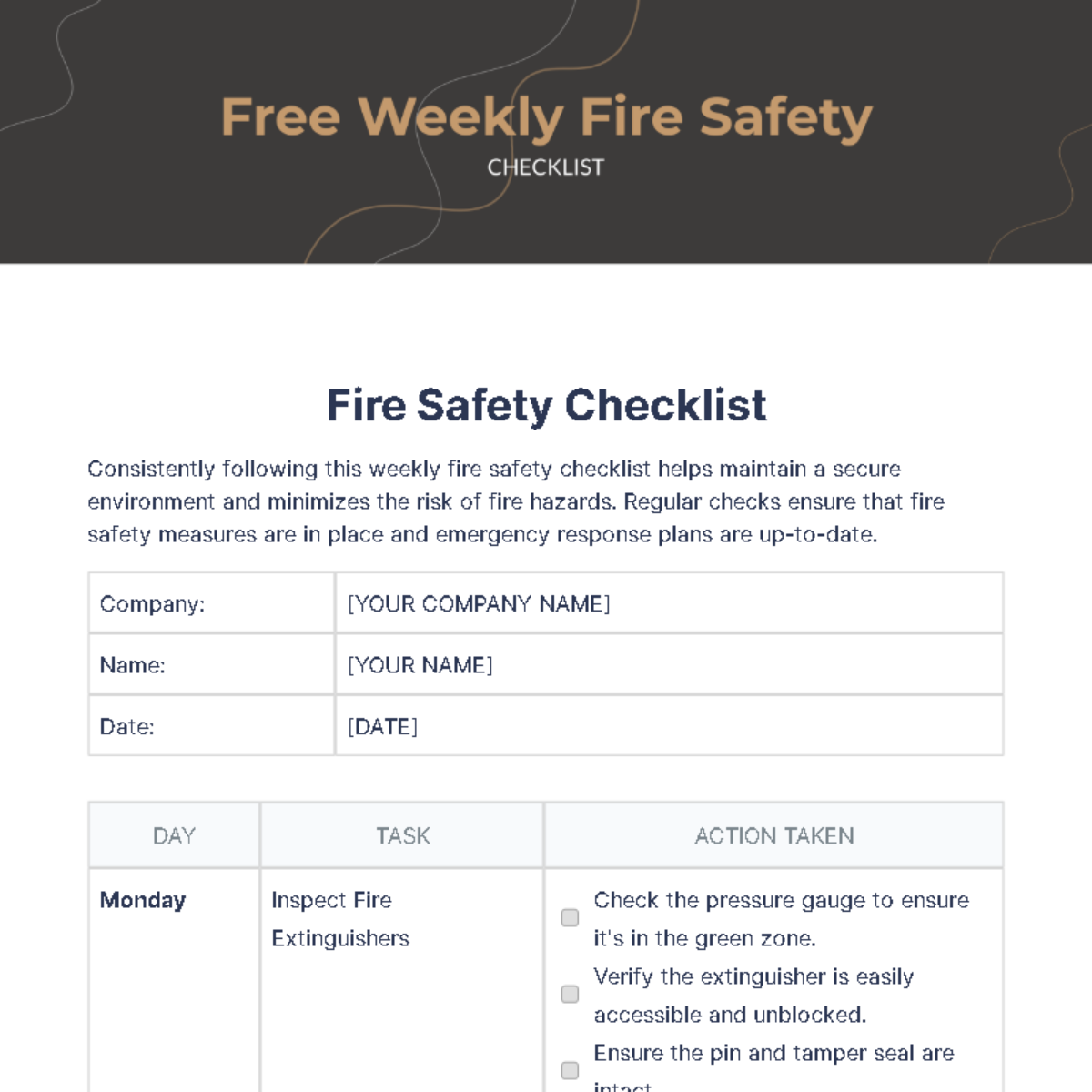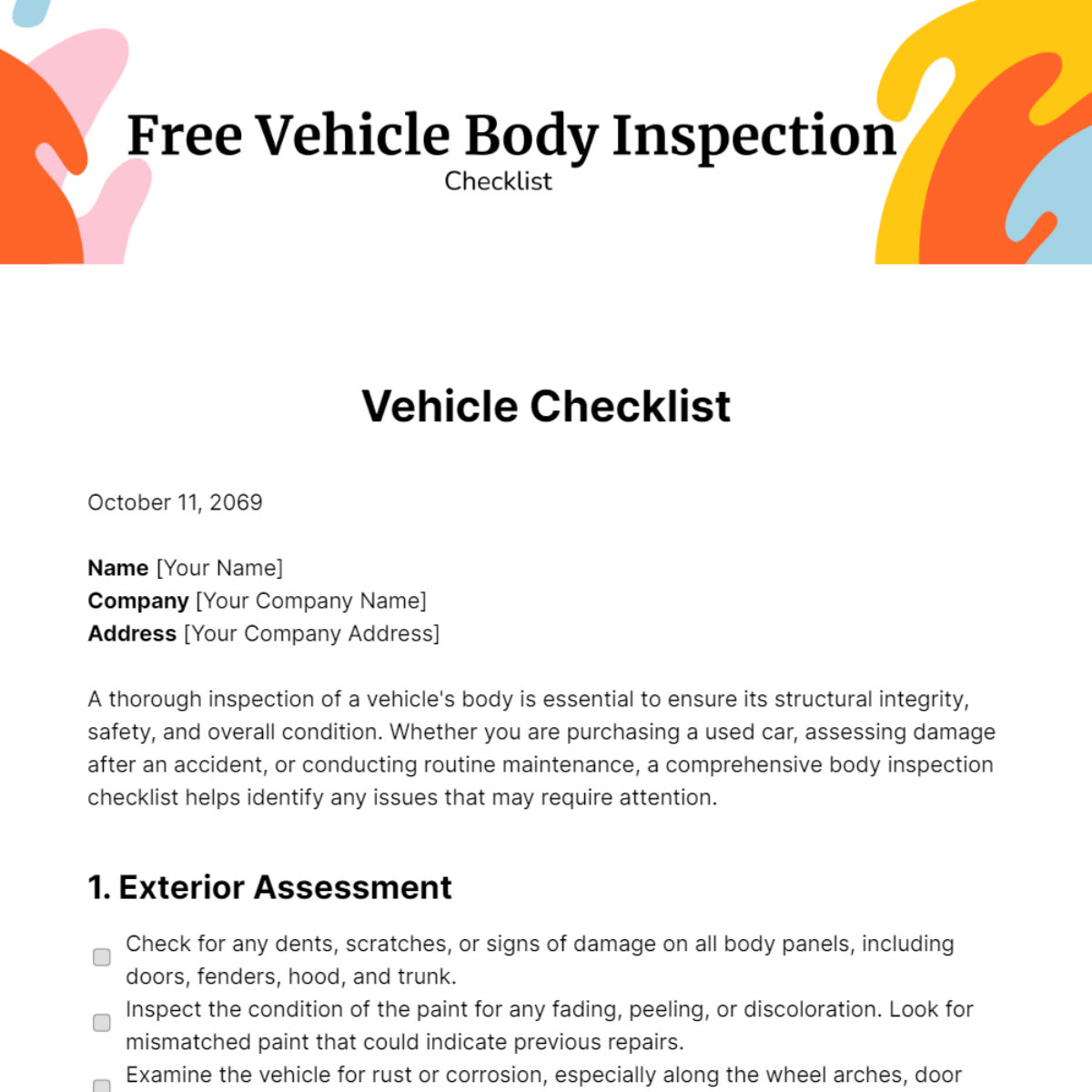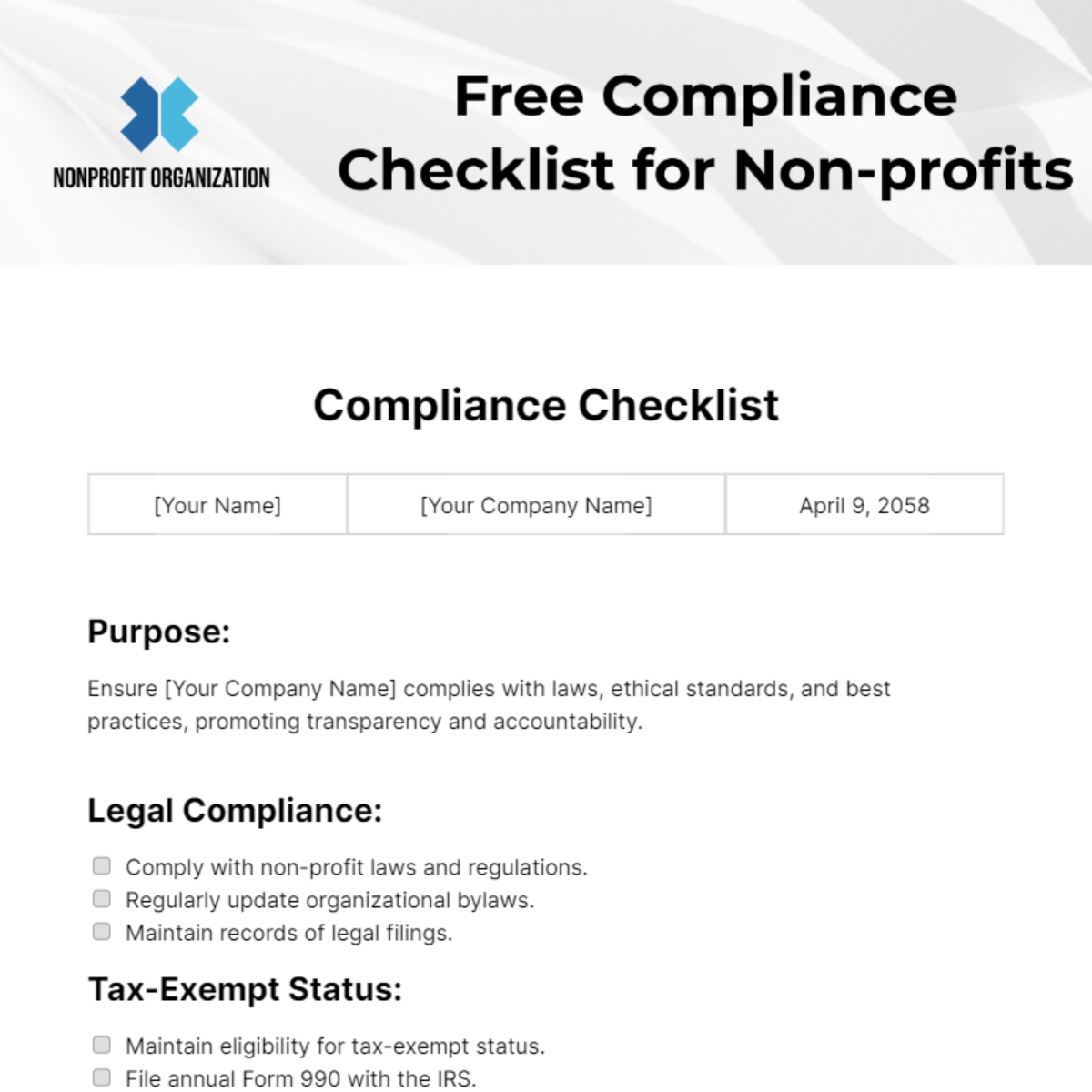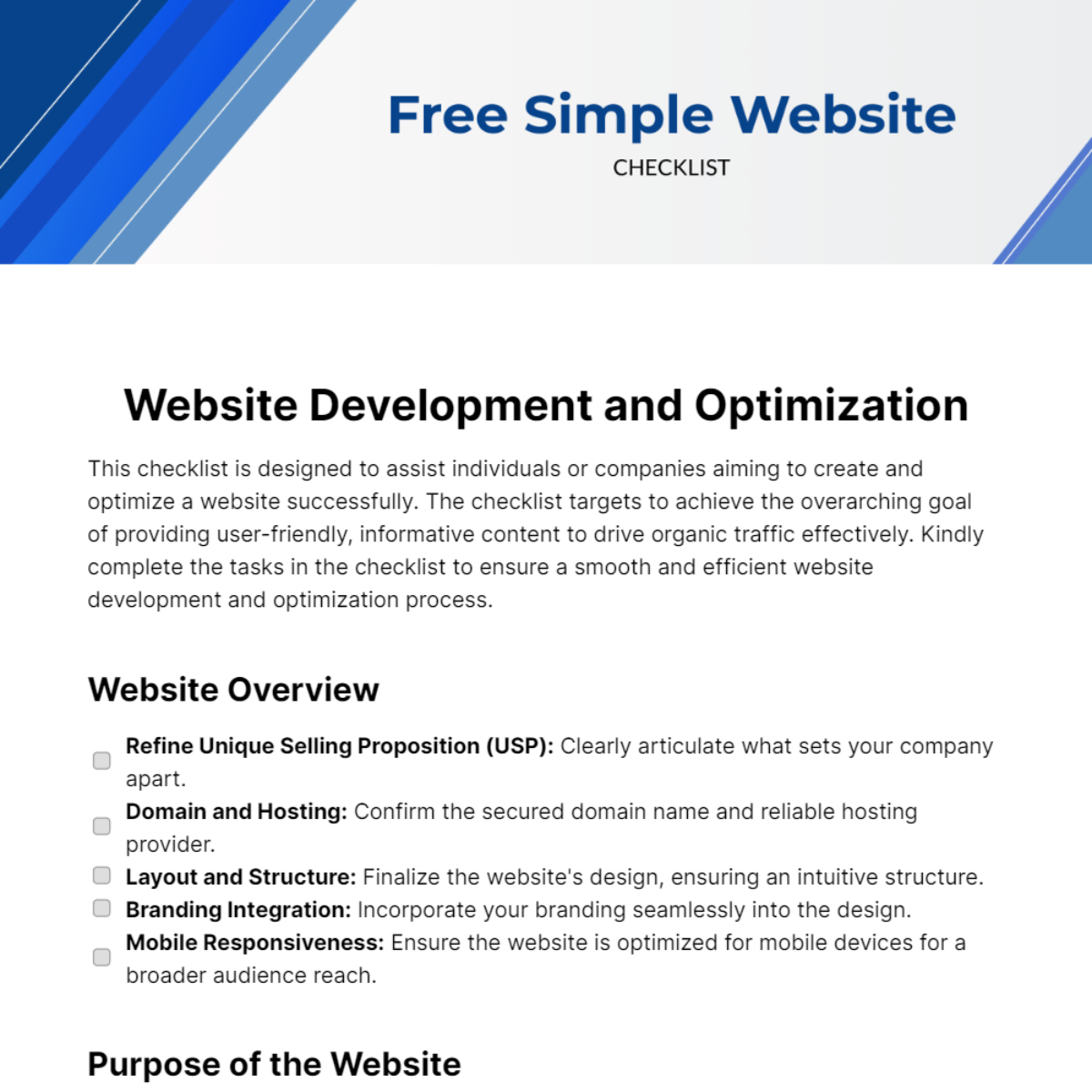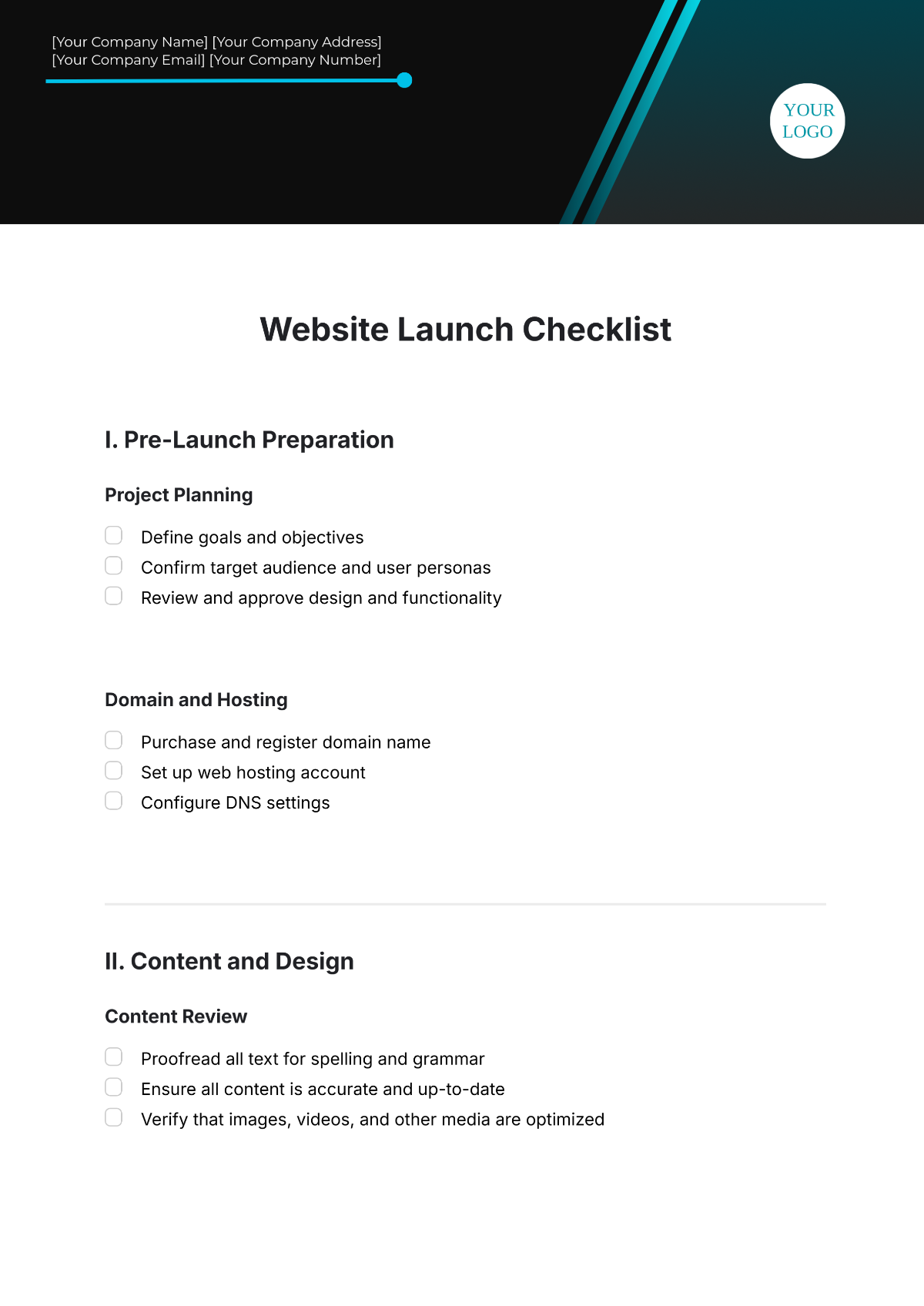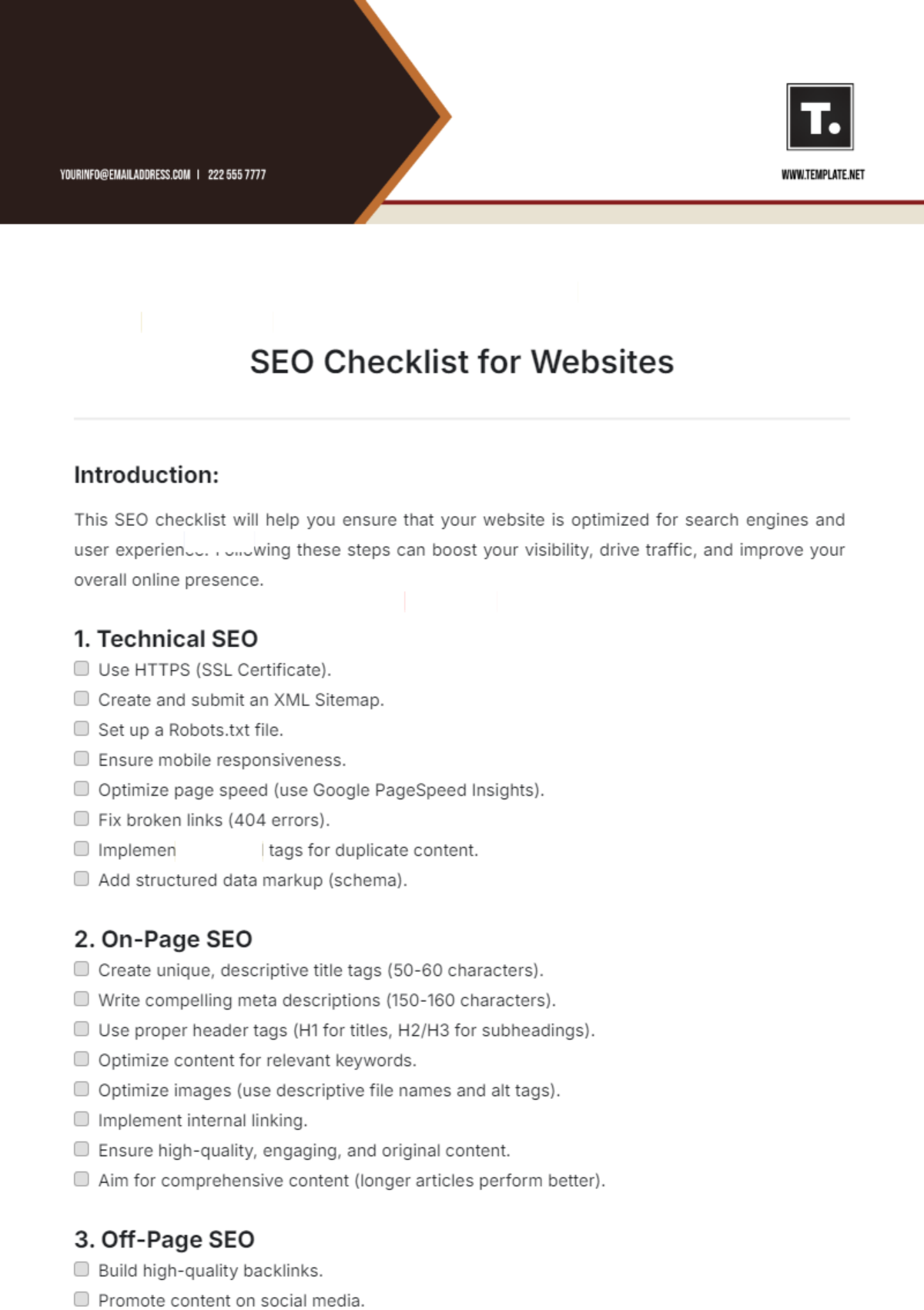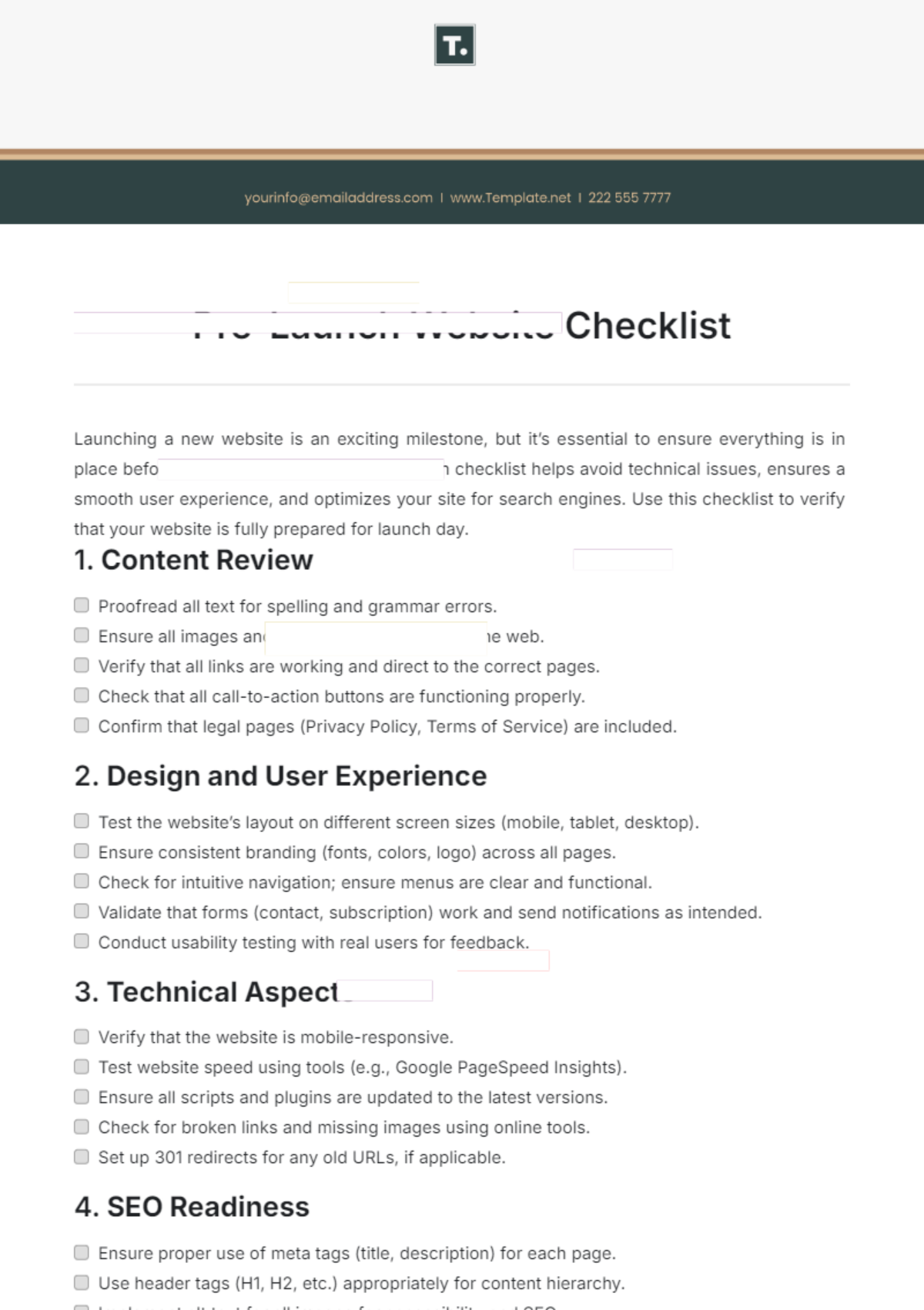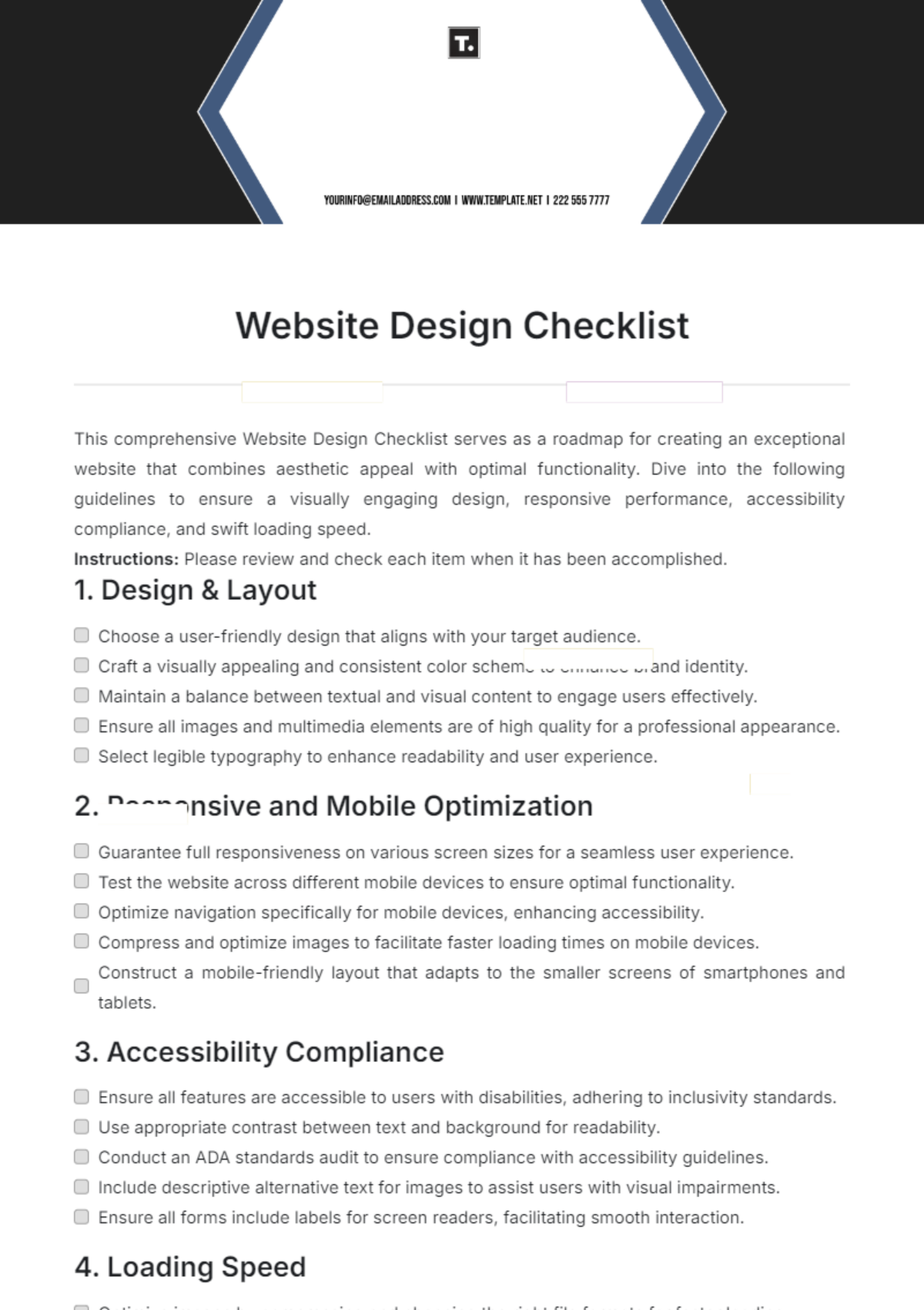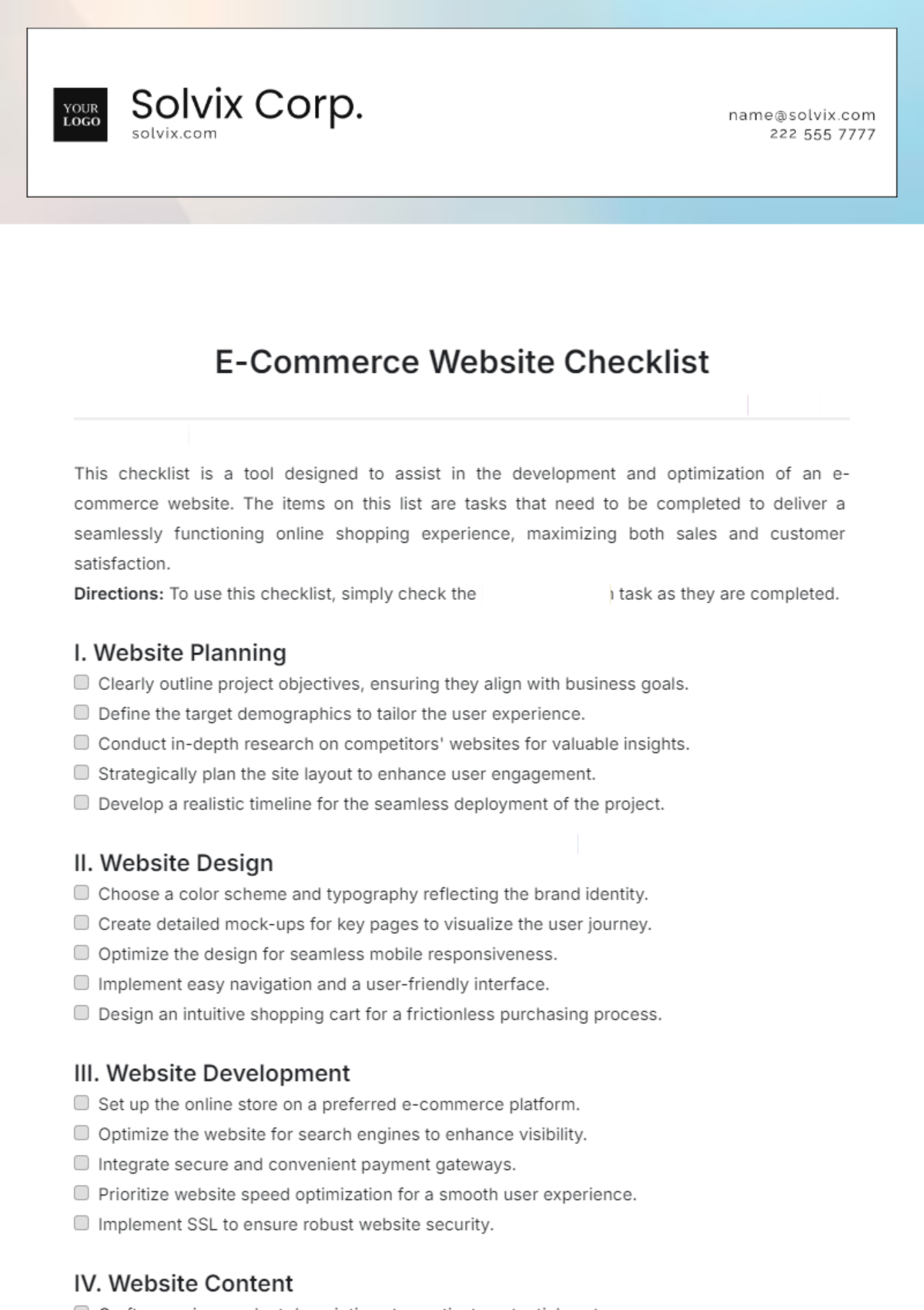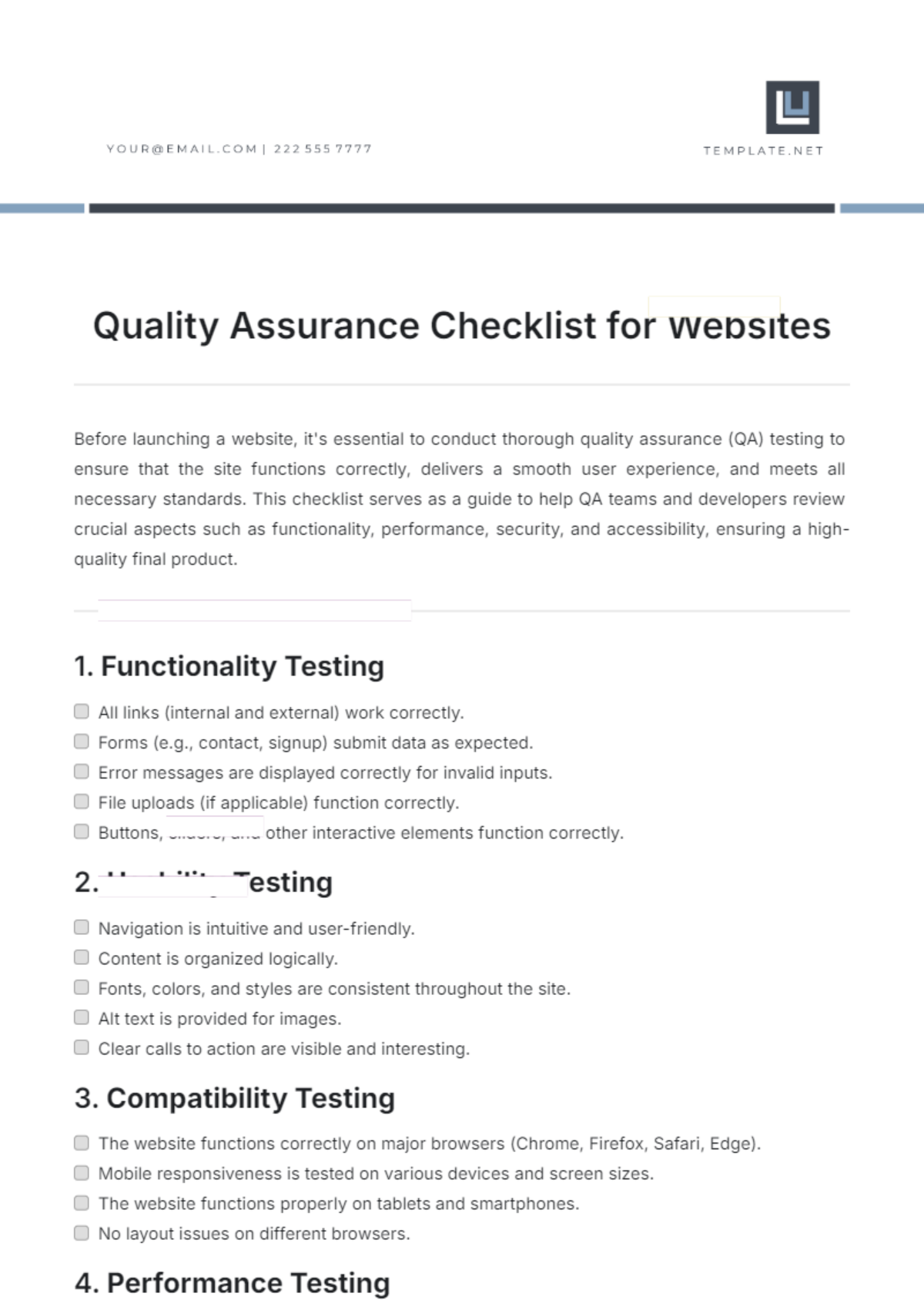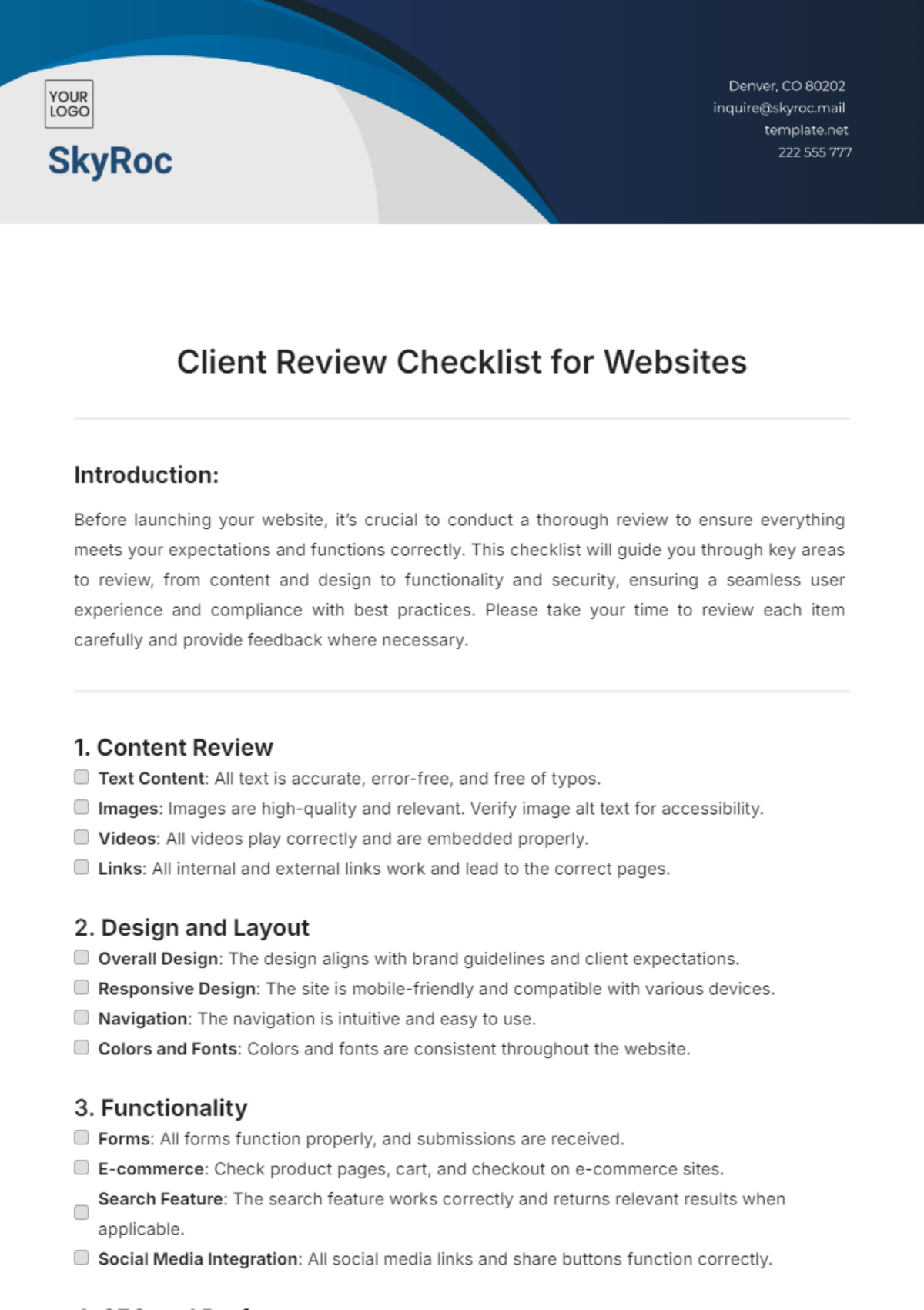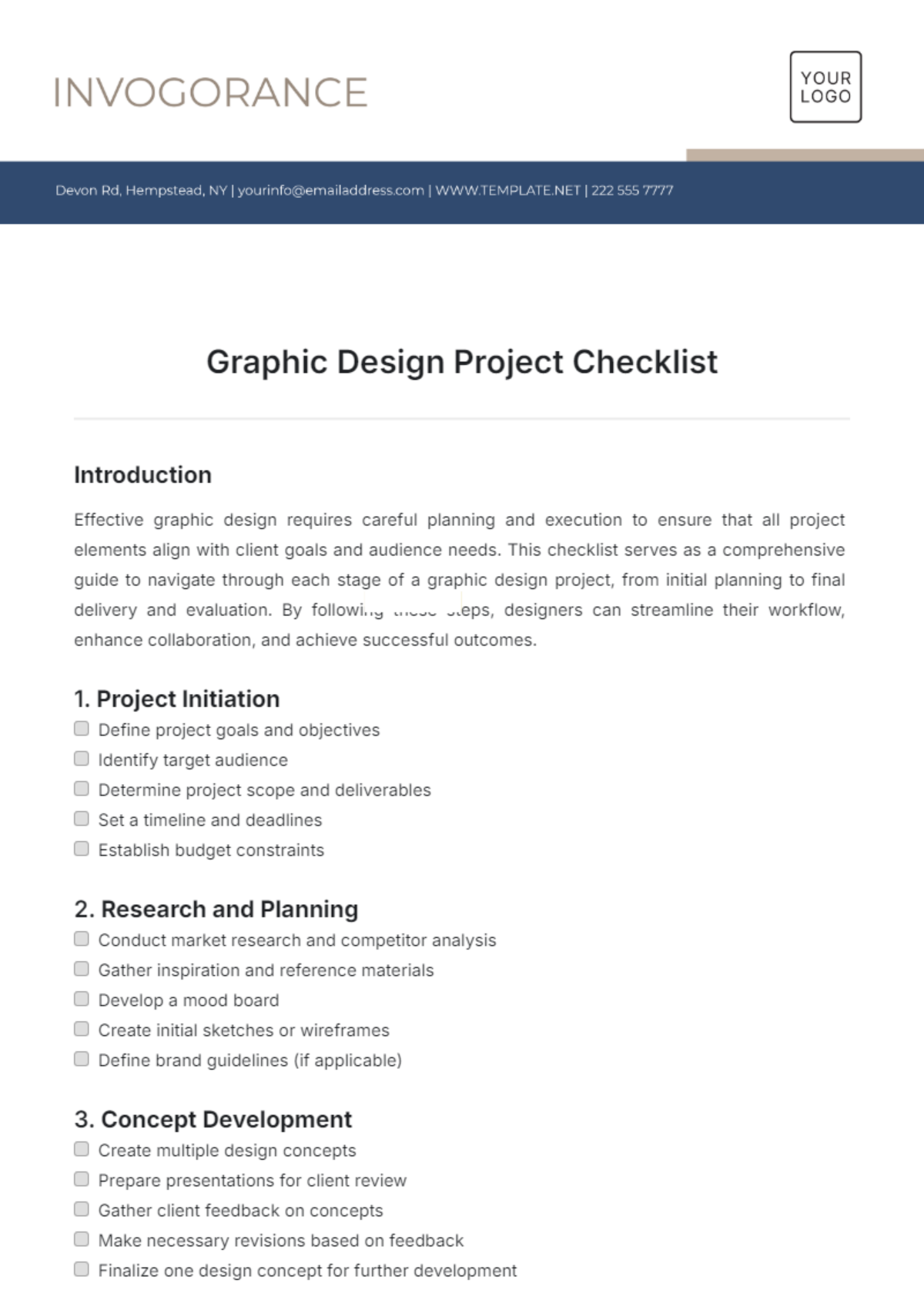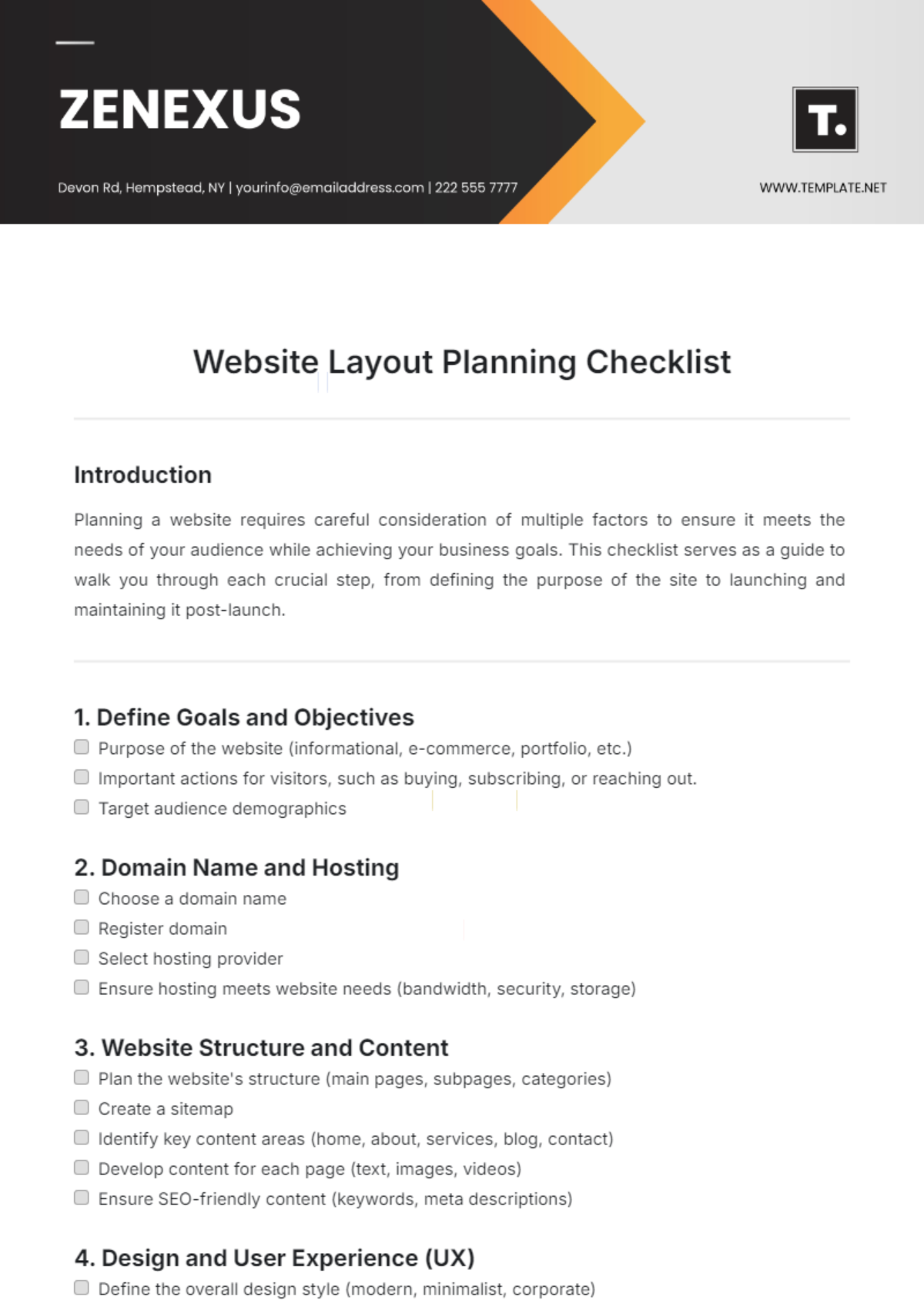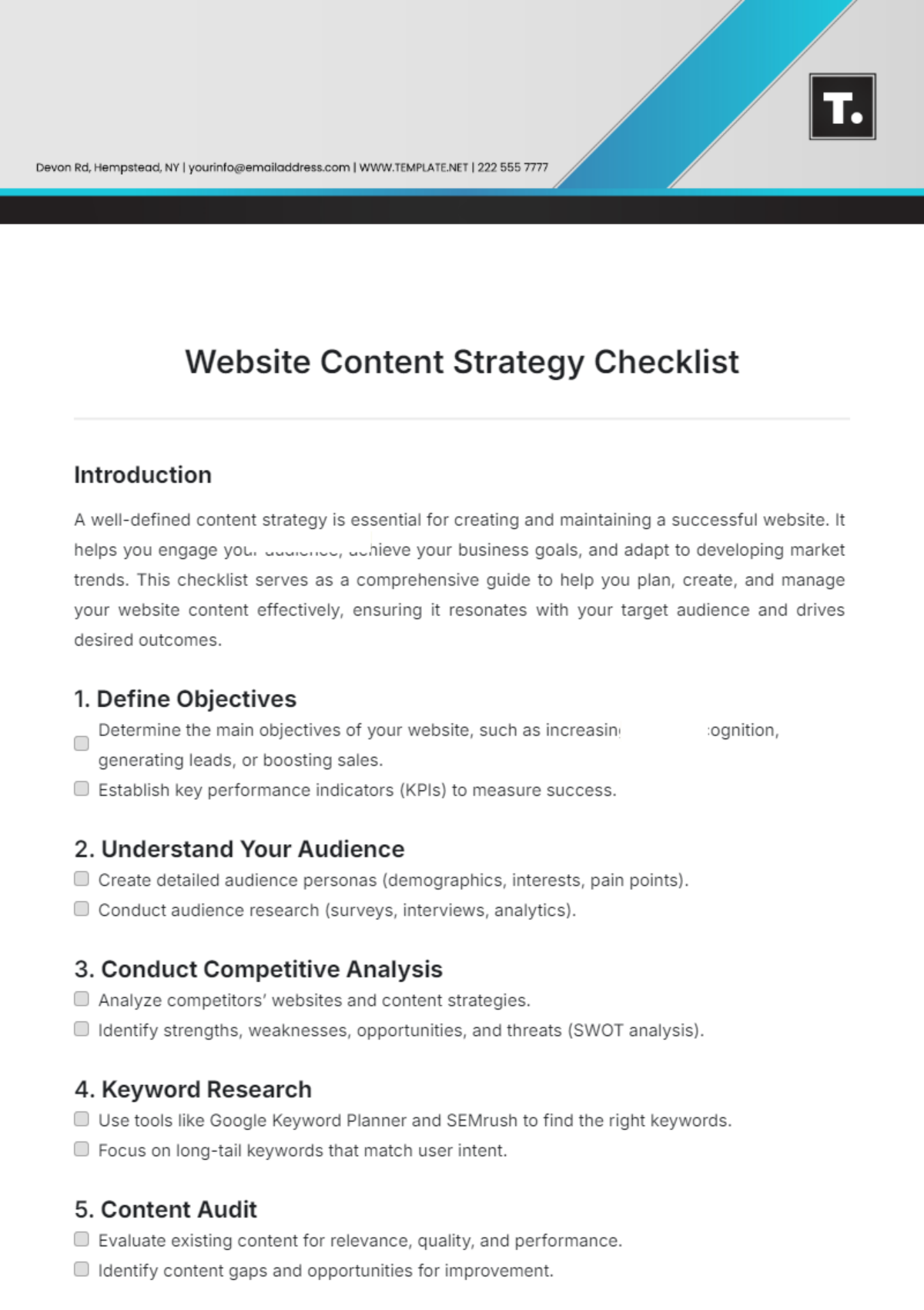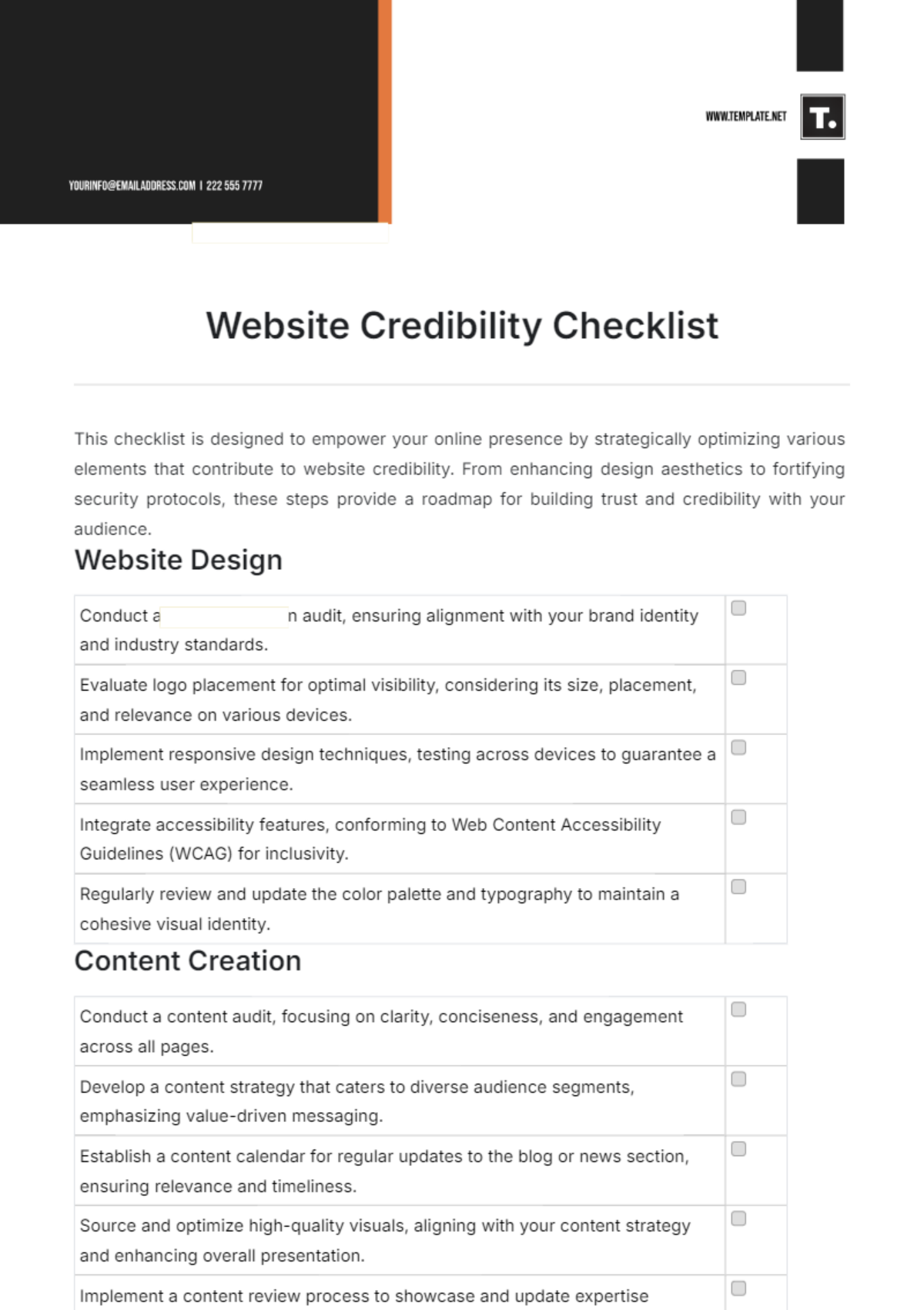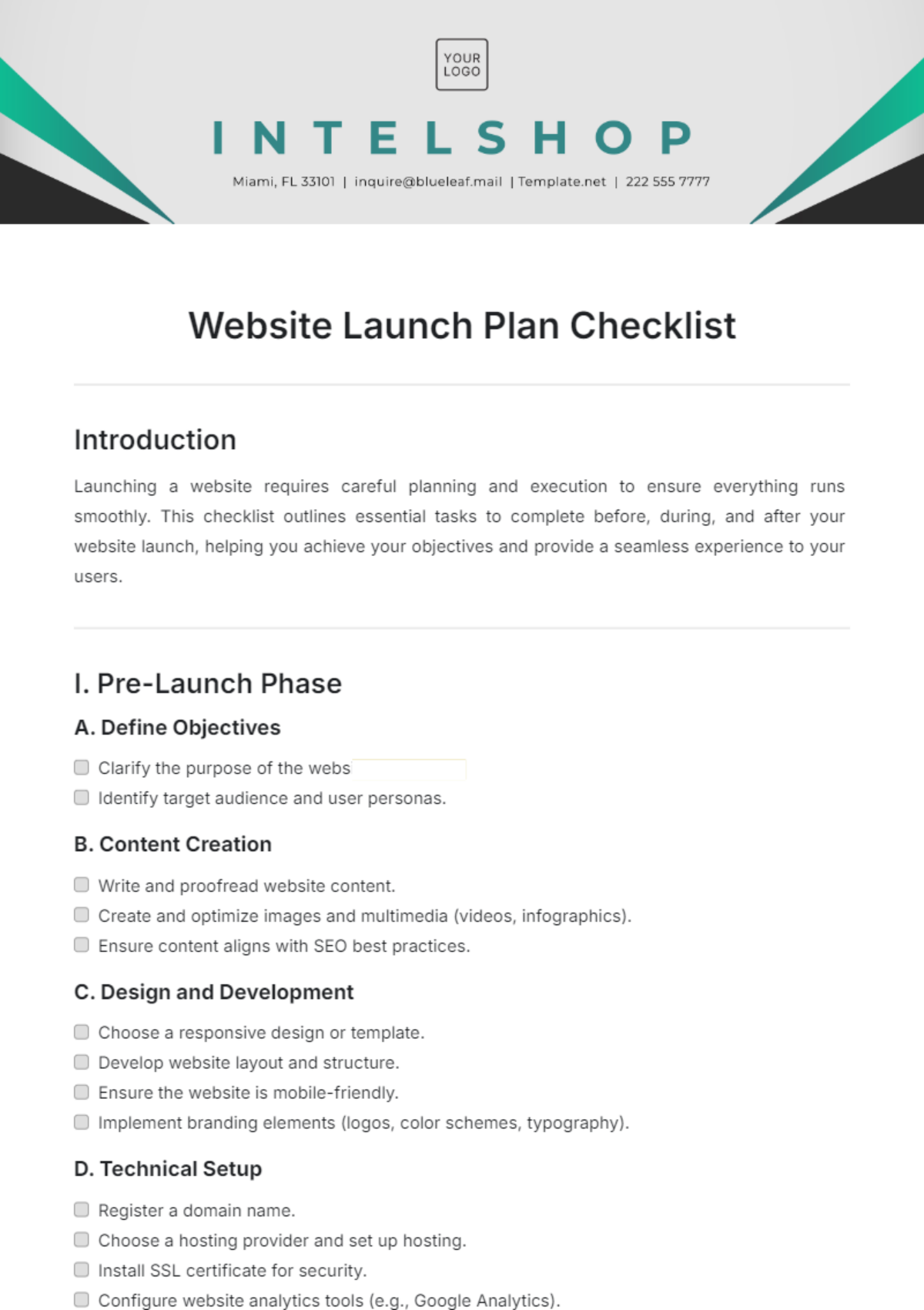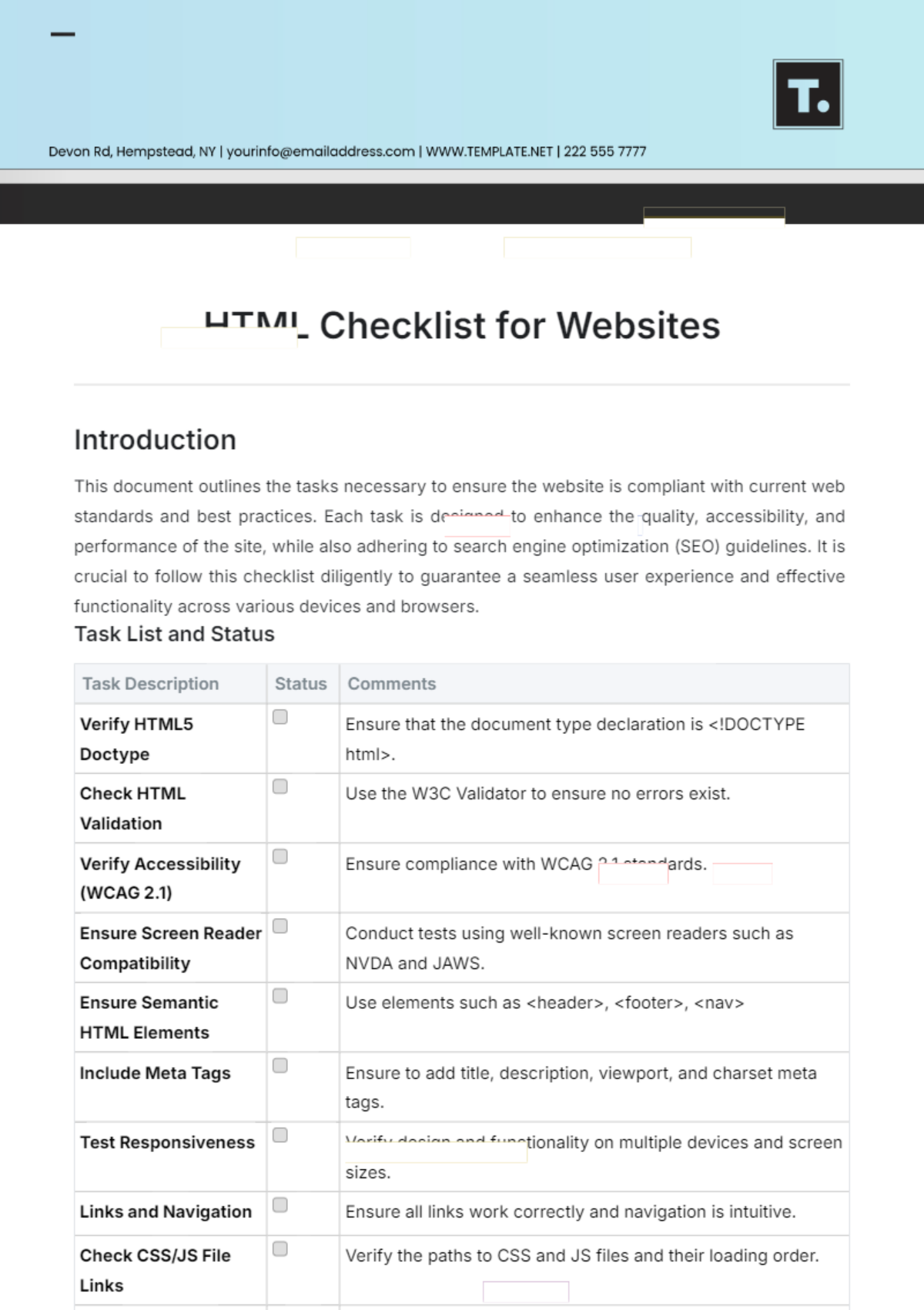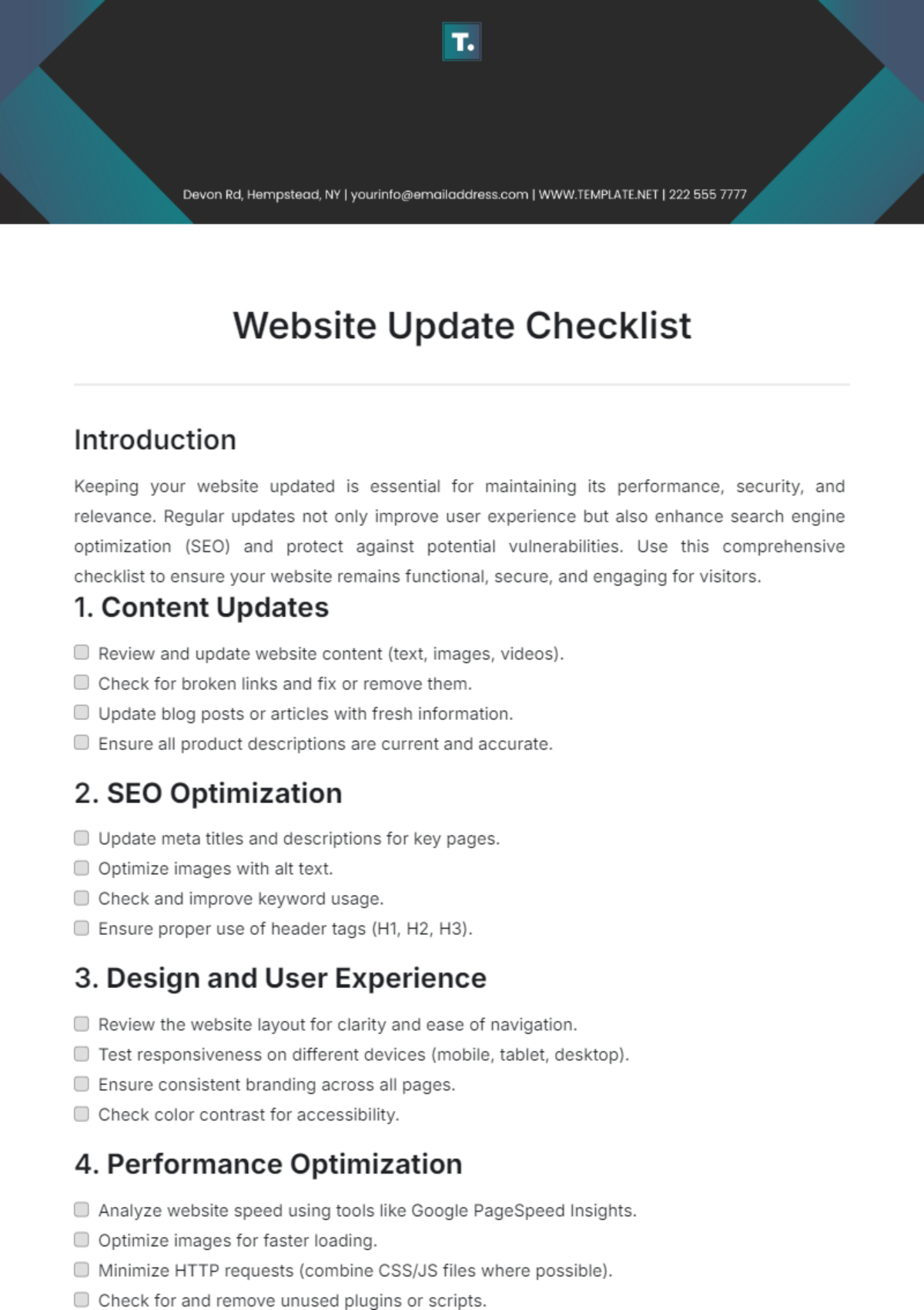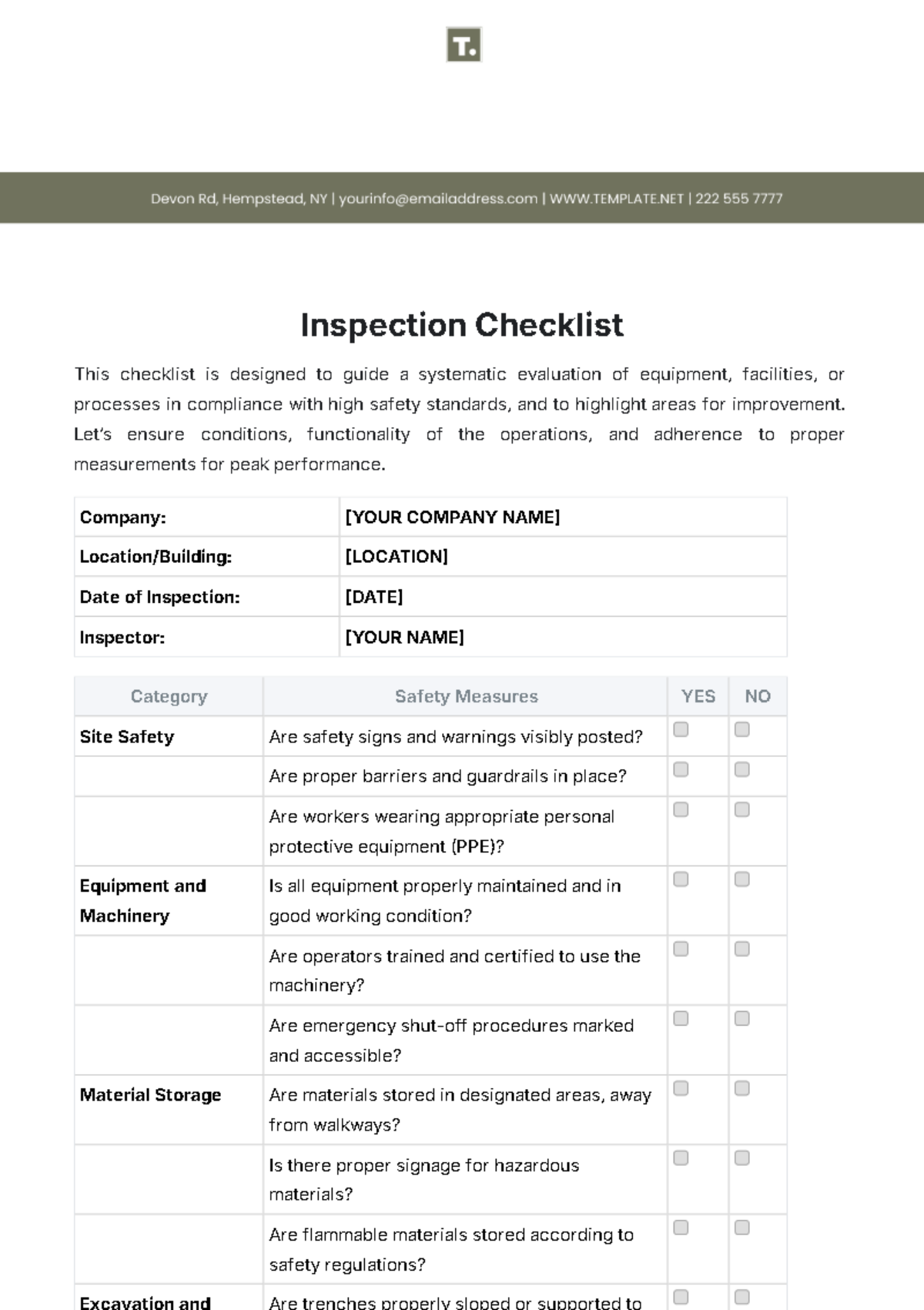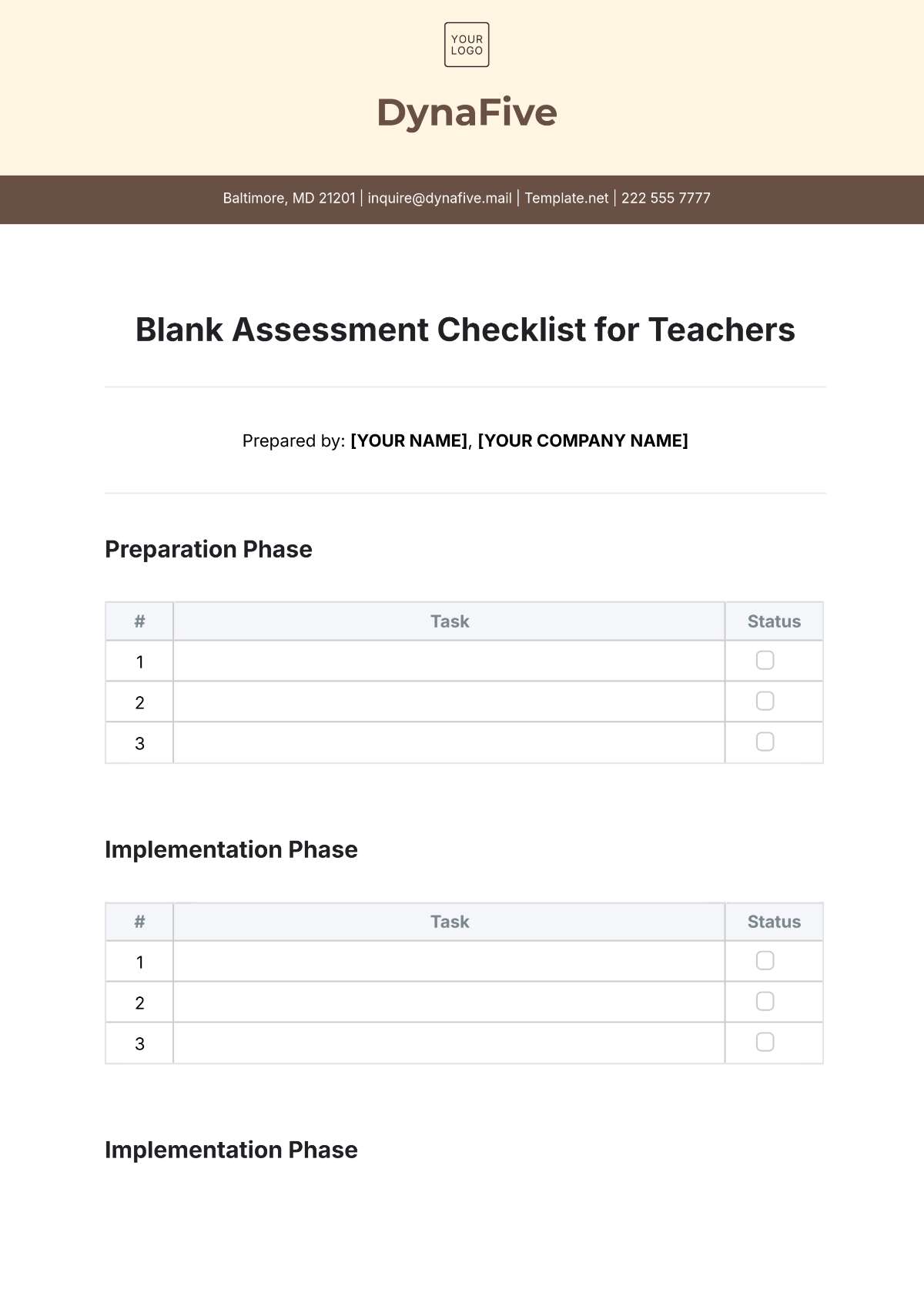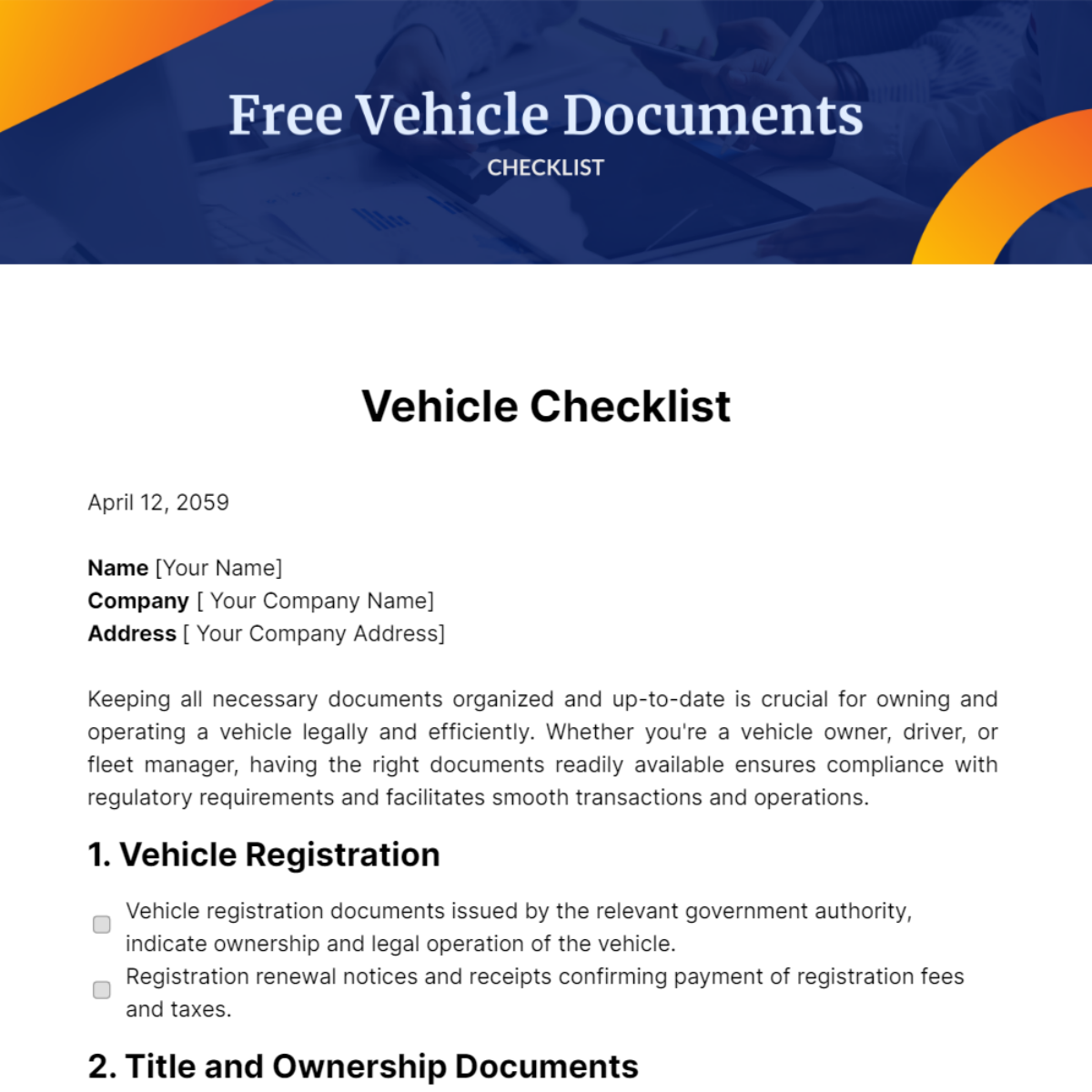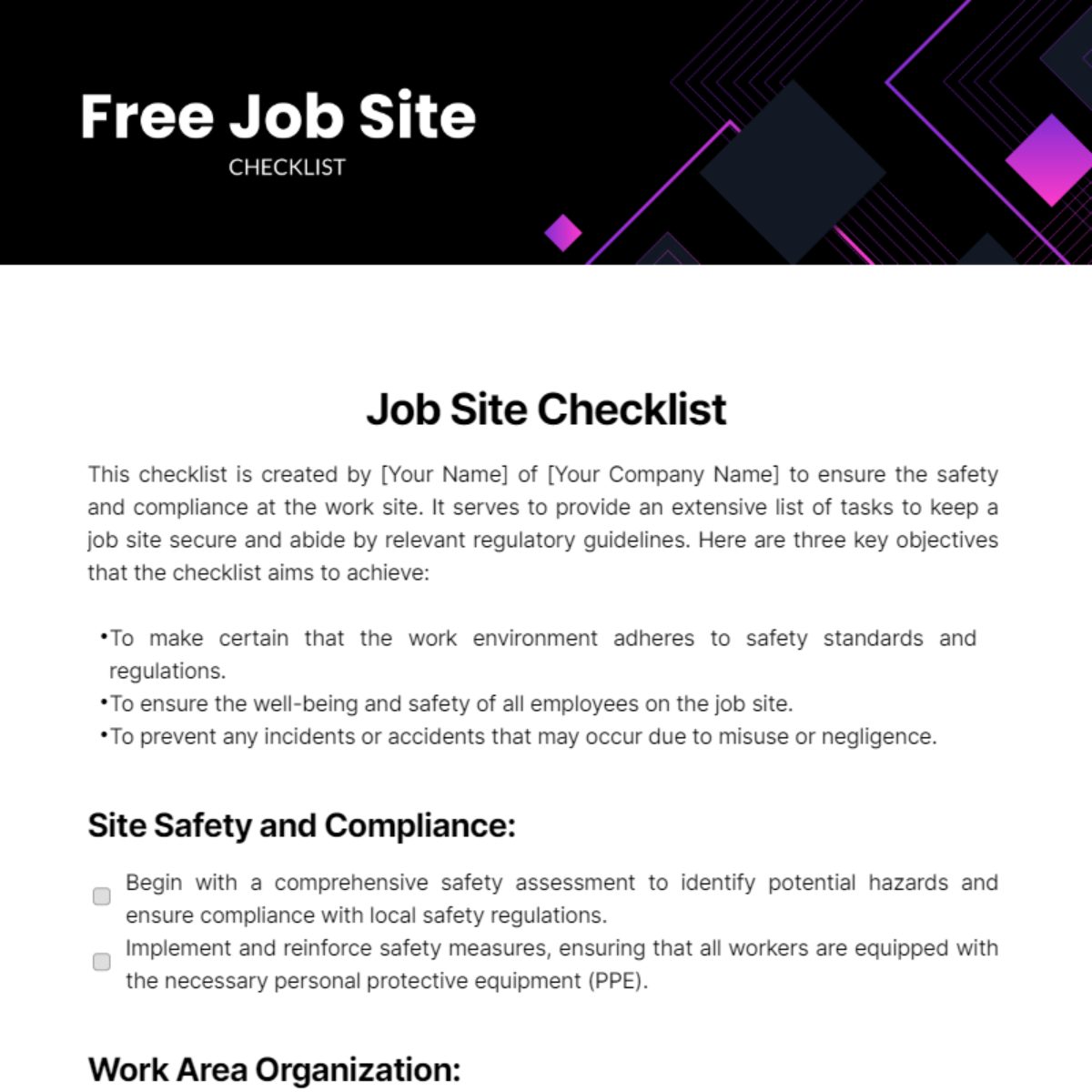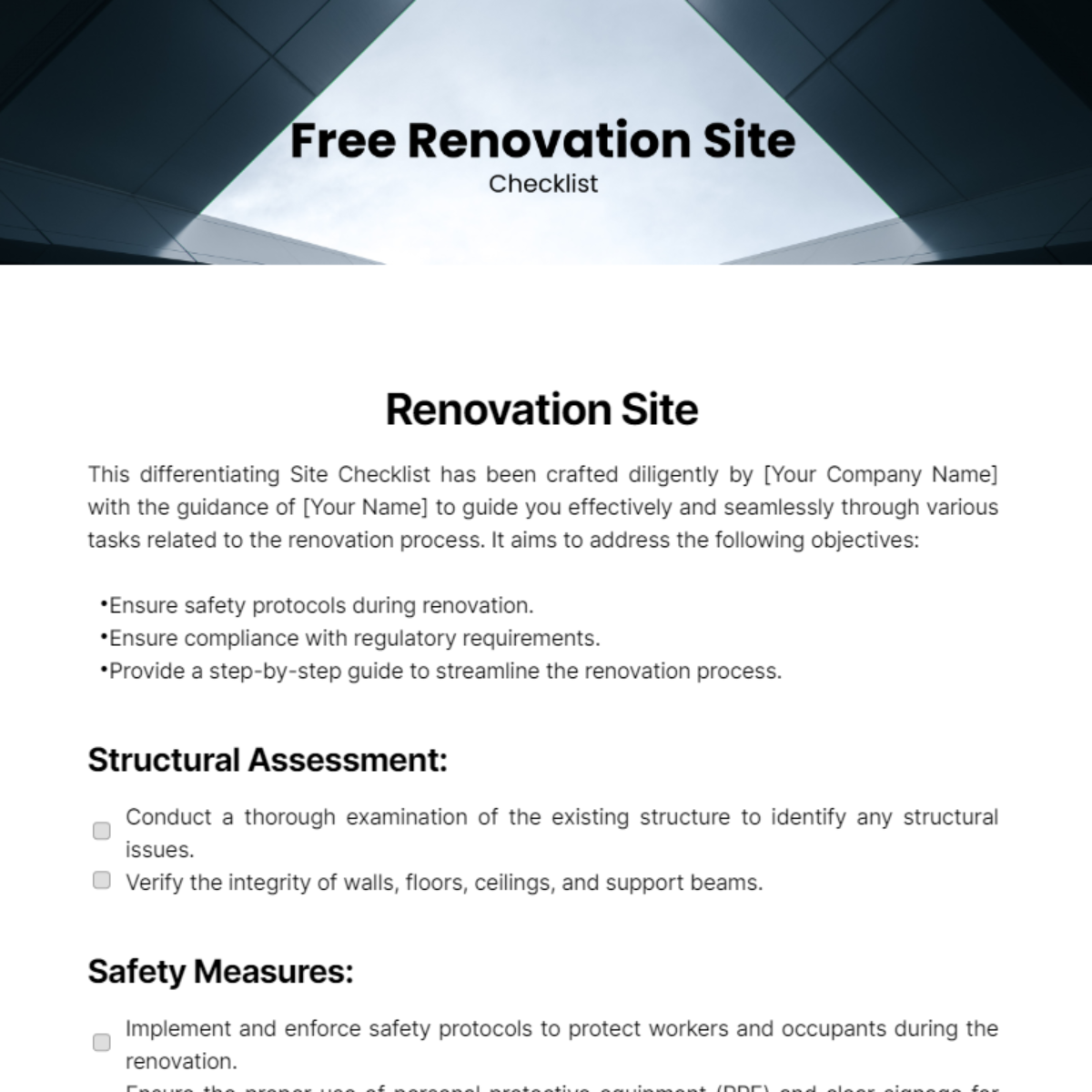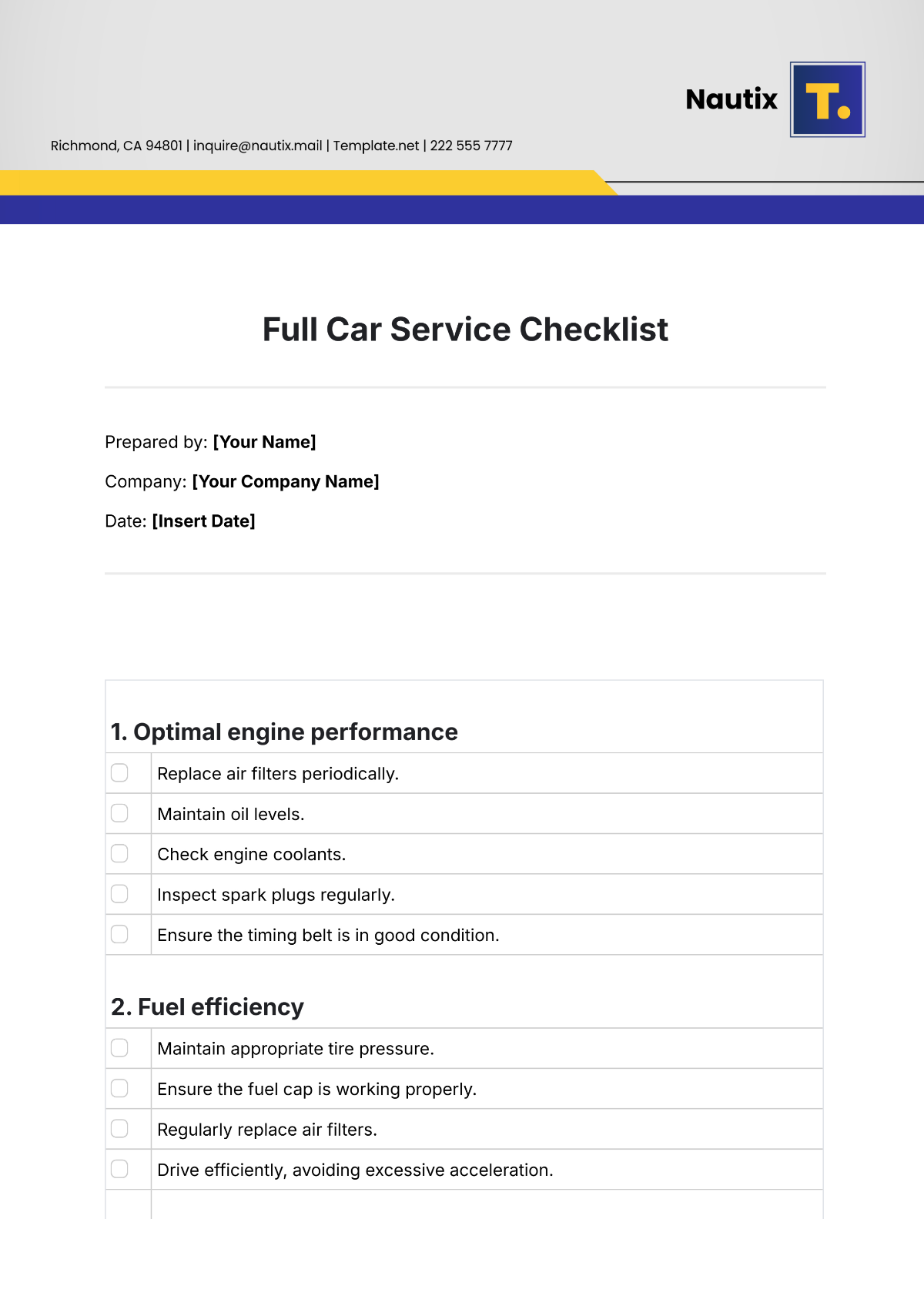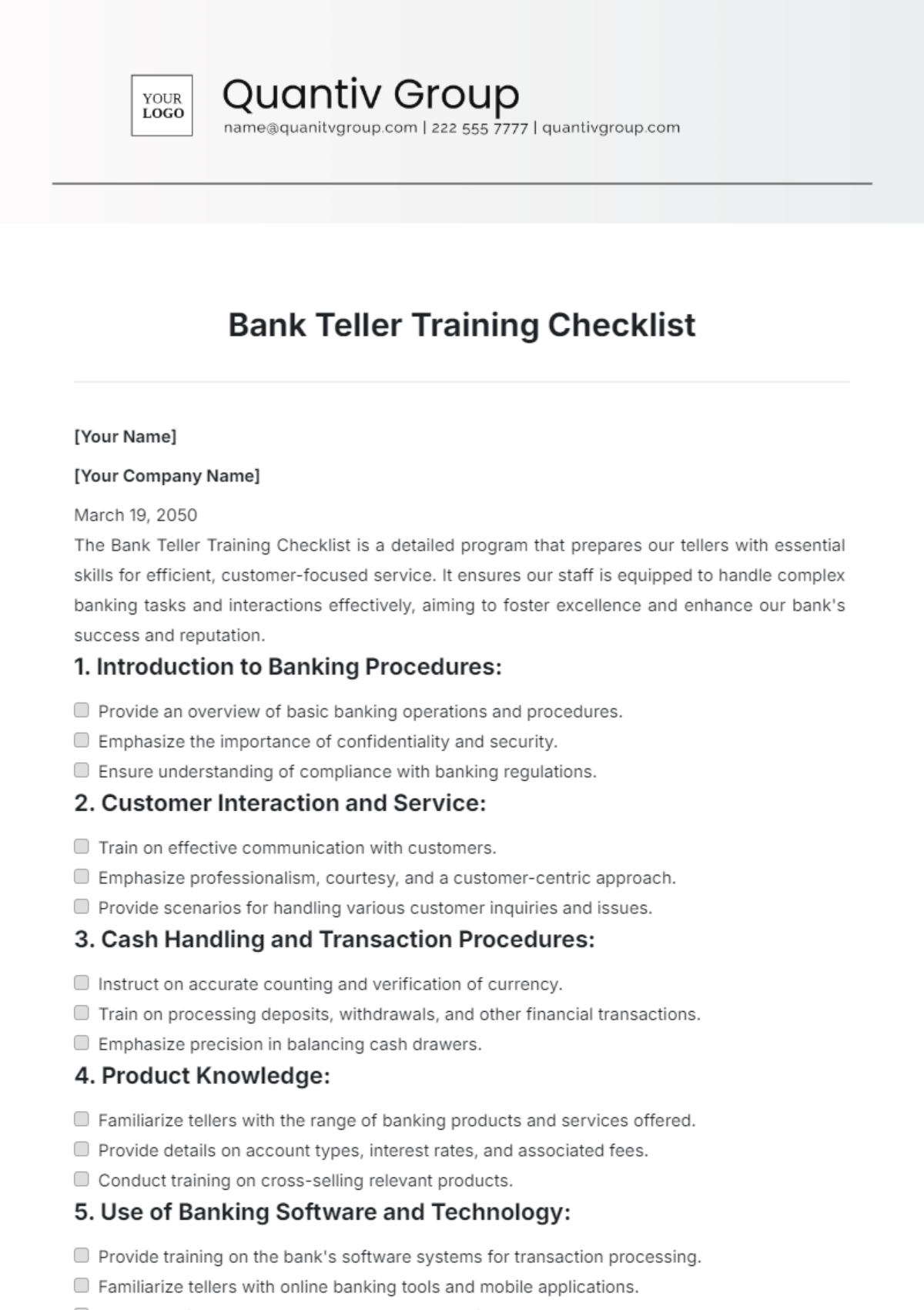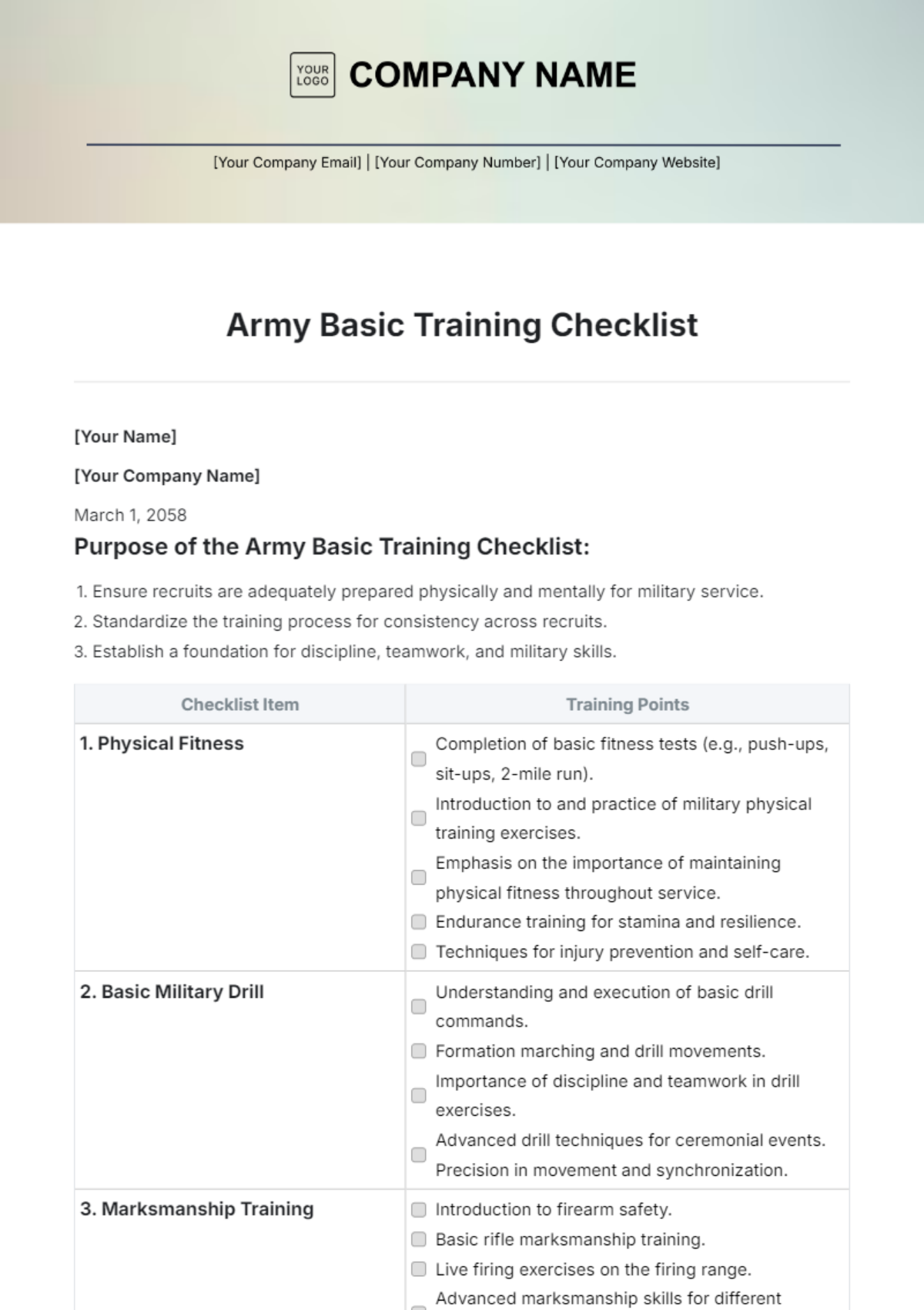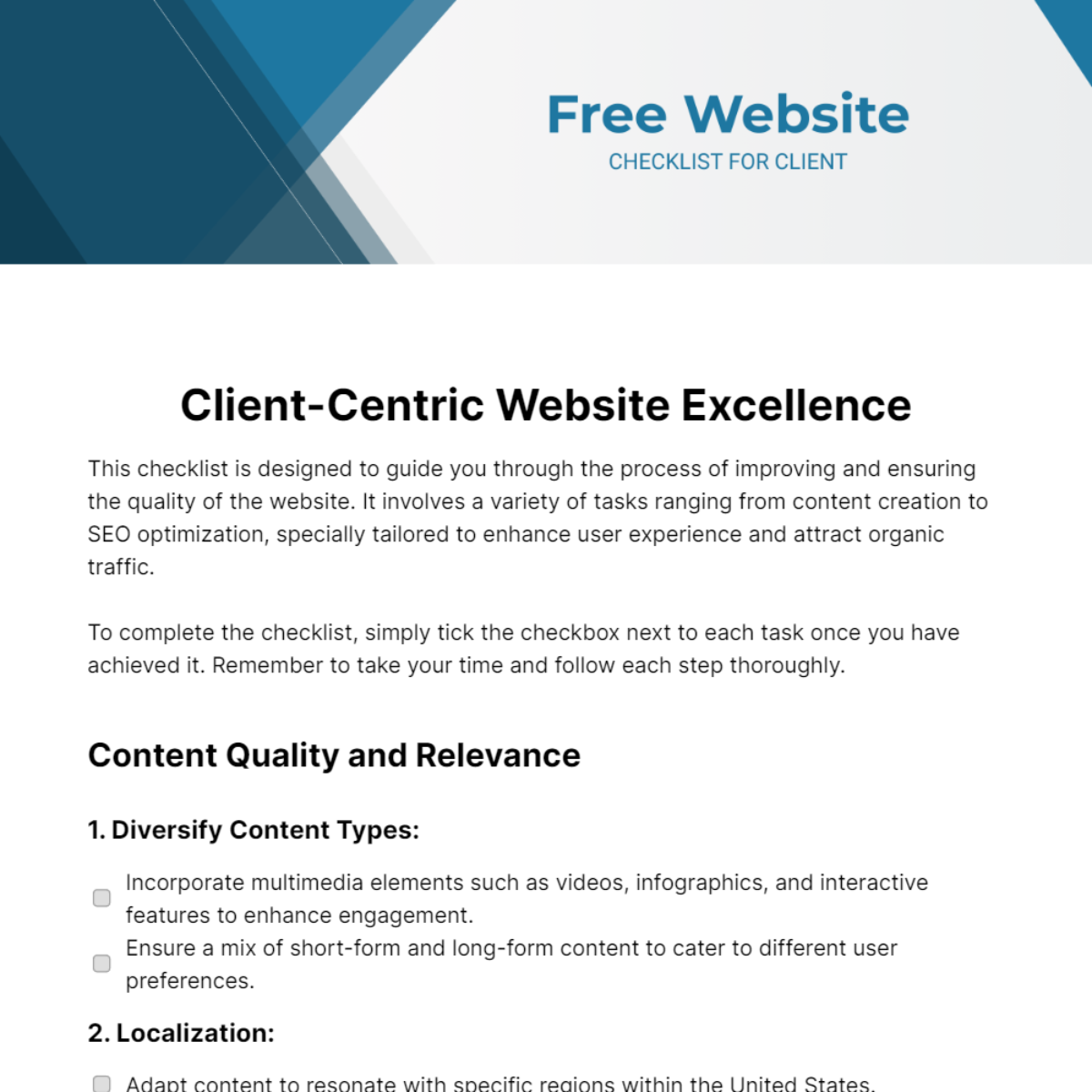Vehicle Checklist
April 12, 2059
Name [Your Name]
Company [ Your Company Name]
Address [ Your Company Address]
Keeping all necessary documents organized and up-to-date is crucial for owning and operating a vehicle legally and efficiently. Whether you're a vehicle owner, driver, or fleet manager, having the right documents readily available ensures compliance with regulatory requirements and facilitates smooth transactions and operations.
1. Vehicle Registration
Vehicle registration documents issued by the relevant government authority, indicate ownership and legal operation of the vehicle.
Registration renewal notices and receipts confirming payment of registration fees and taxes.
2. Title and Ownership Documents
Vehicle title or certificate of ownership issued by the Department of Motor Vehicles (DMV) or relevant regulatory authority.
Proof of ownership documents, including bills of sale, purchase agreements, or transfer of ownership forms.
3. Insurance Documents
Vehicle insurance policy documents provide coverage for liability, collision, comprehensive, and other types of insurance as required by law.
Insurance identification cards or certificates to provide proof of insurance coverage when required.
4. Vehicle Inspection and Emissions Certificates
Vehicle inspection certificates confirm compliance with safety and emissions standards as required by local regulations.
Emissions testing certificates verify compliance with emissions standards and regulations.
5. Maintenance and Service Records
Records of routine maintenance and service, including oil changes, tire rotations, brake inspections, and fluid checks.
Invoices, receipts, or service reports documenting repairs, replacements, and upgrades performed on the vehicle.
6. Warranty and Extended Warranty Documents
Vehicle warranty documents are provided by the manufacturer or dealership covering specific components and systems for a specified period.
Extended warranty agreements are purchased separately to extend coverage beyond the original warranty period.
7. Vehicle Identification Number (VIN) Records
Vehicle identification number (VIN) documentation, including VIN plates, labels, and etchings on the vehicle chassis and components.
VIN decoding reports provide detailed information about the vehicle's make, model, year, specifications, and history.
8. Lease or Loan Documents
Lease agreements or loan documents if the vehicle is leased or financed through a leasing company, bank, or financial institution.
Loan payment statements, loan payoff information, or lease termination notices as applicable.
9. Vehicle Manuals and Guides
Owner's manuals provided by the manufacturer containing information about vehicle operation, maintenance, and troubleshooting.
Warranty manuals outlining warranty coverage, terms, and conditions provided by the manufacturer or dealership.
Checklist Templates @ Template.net
